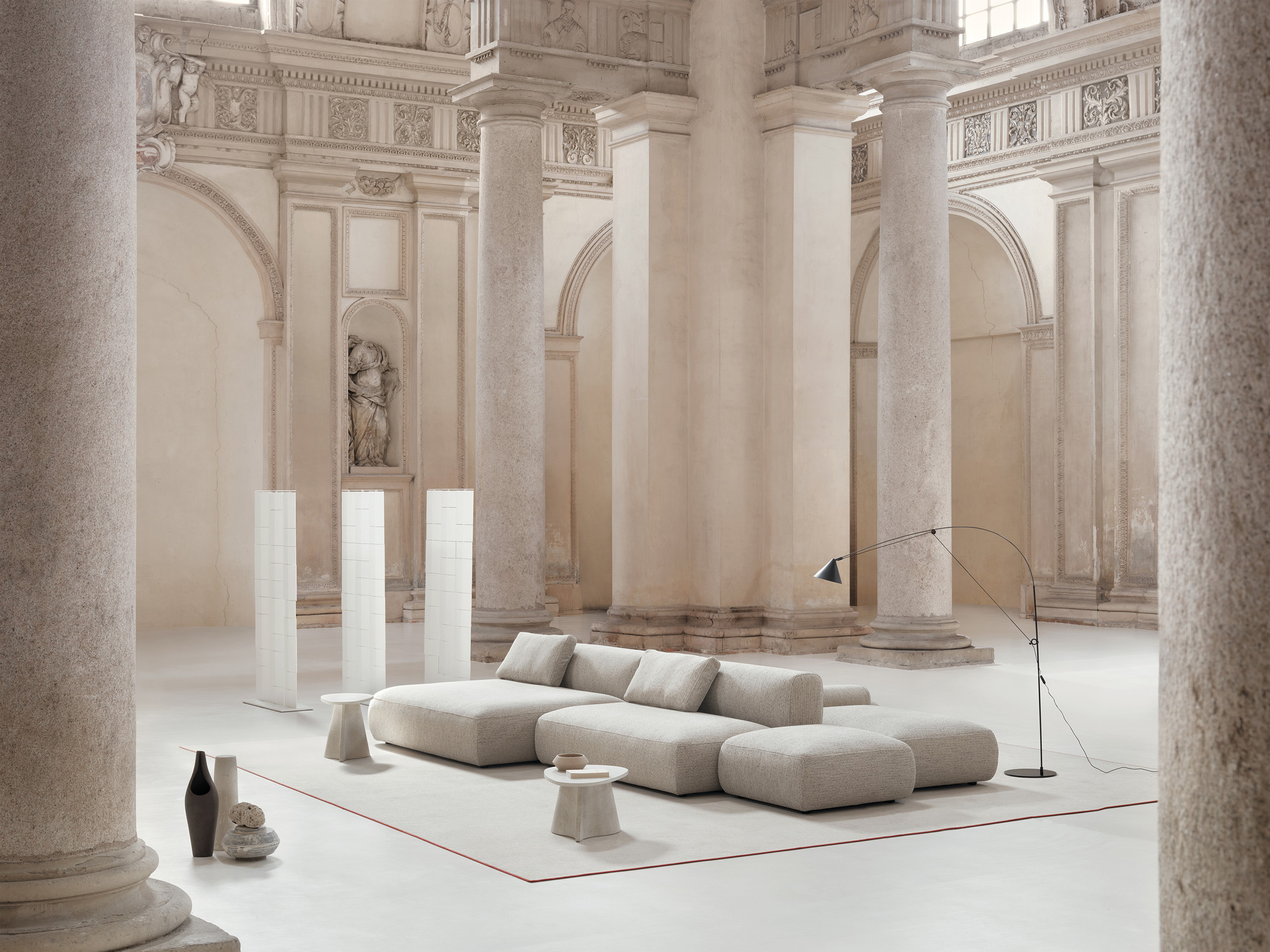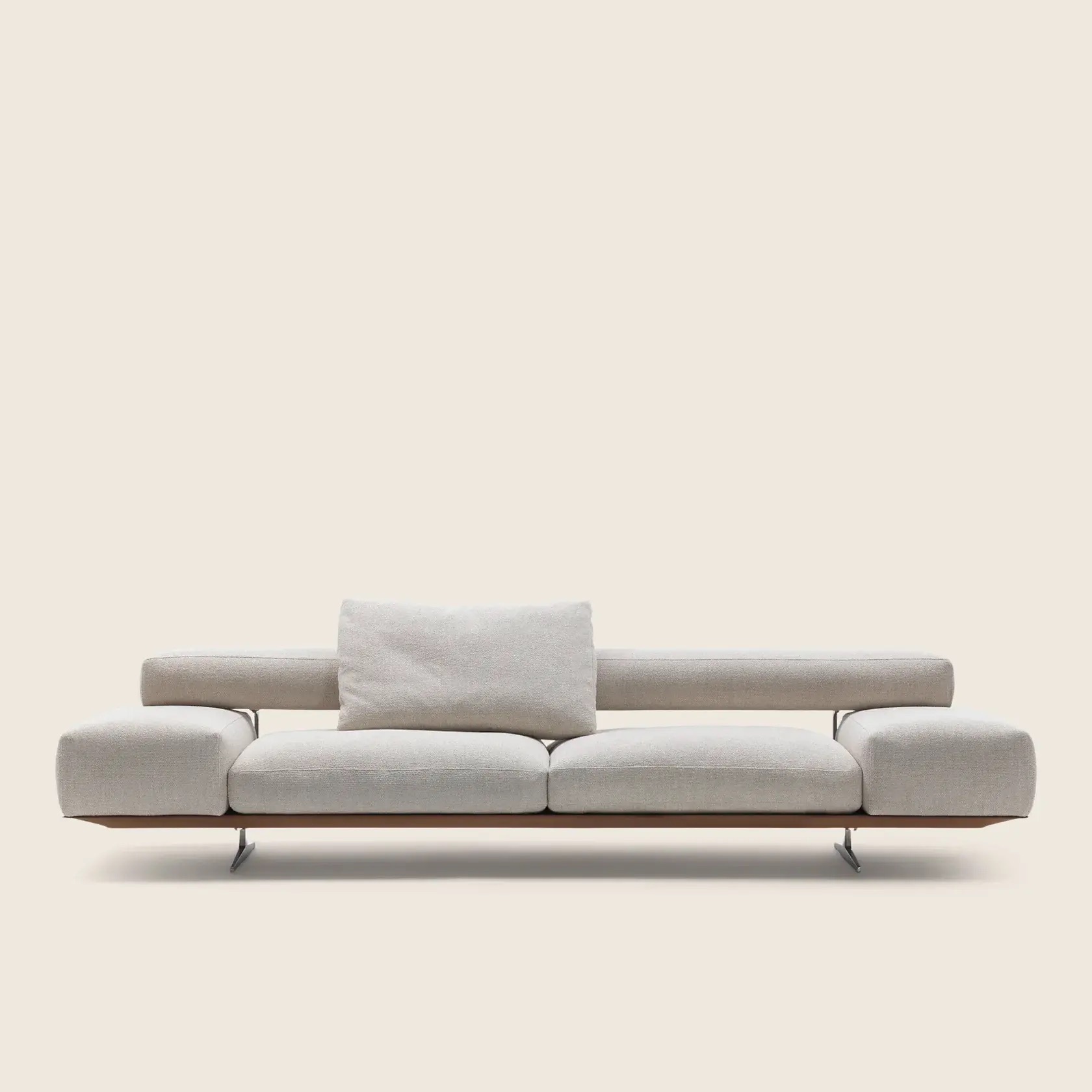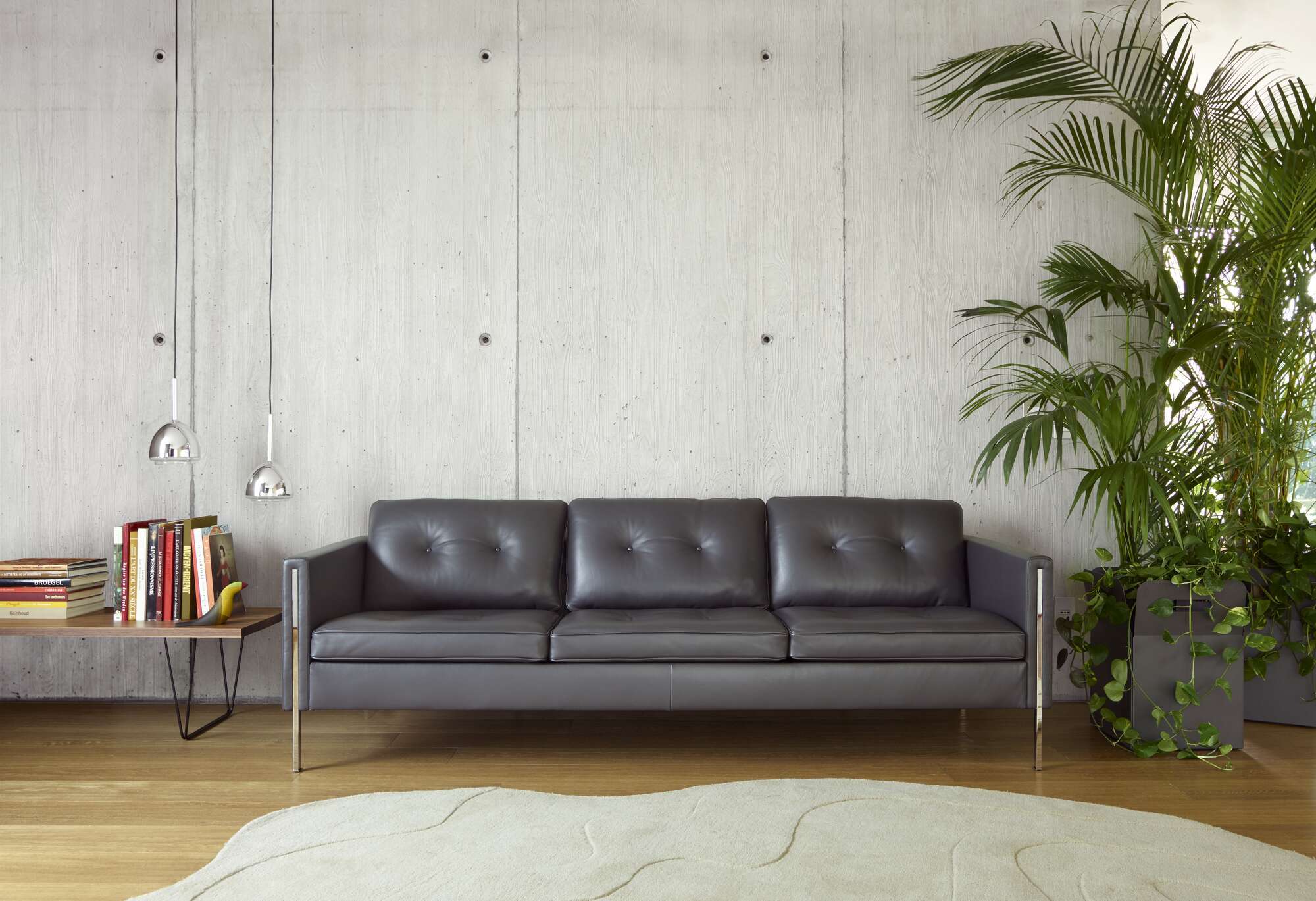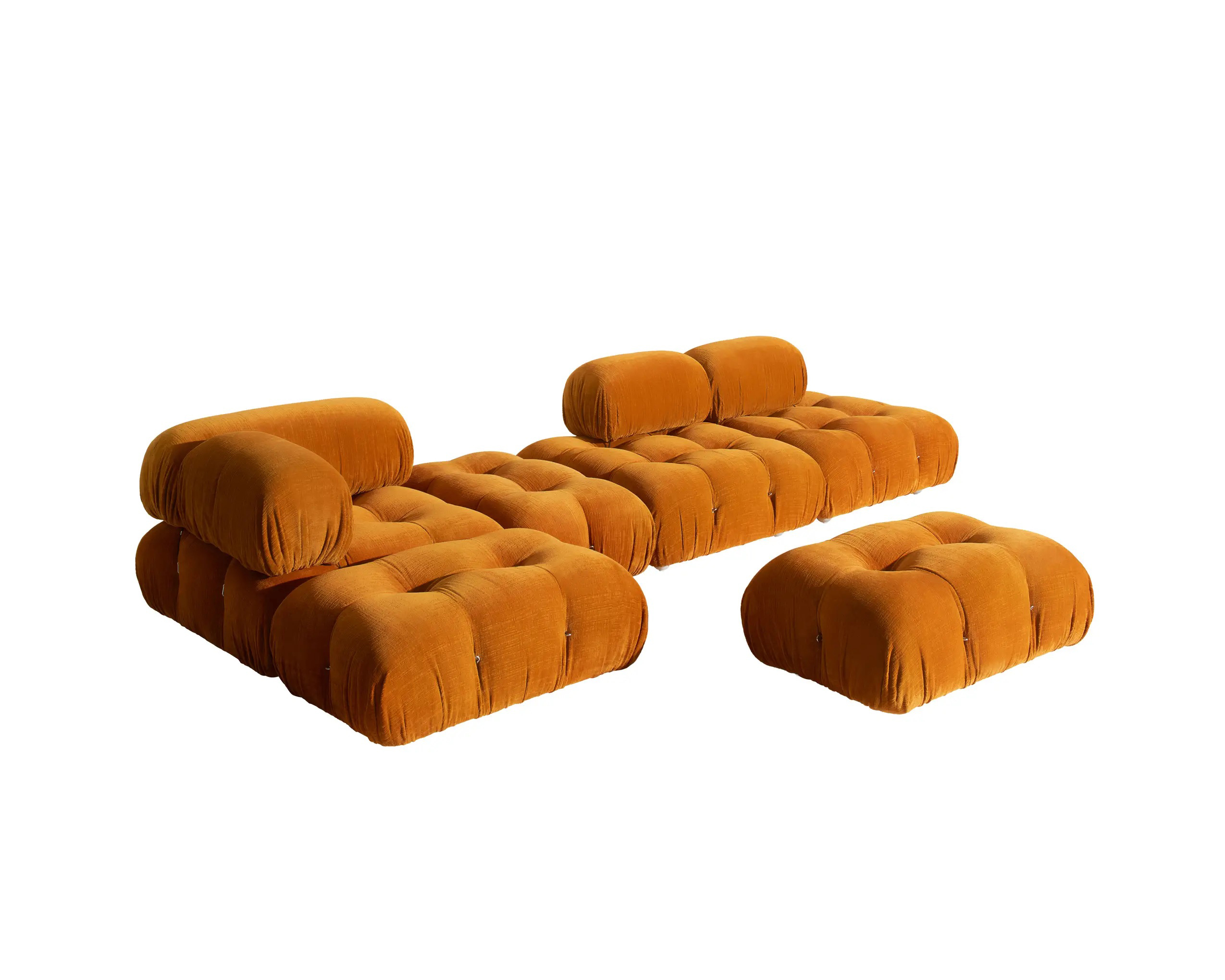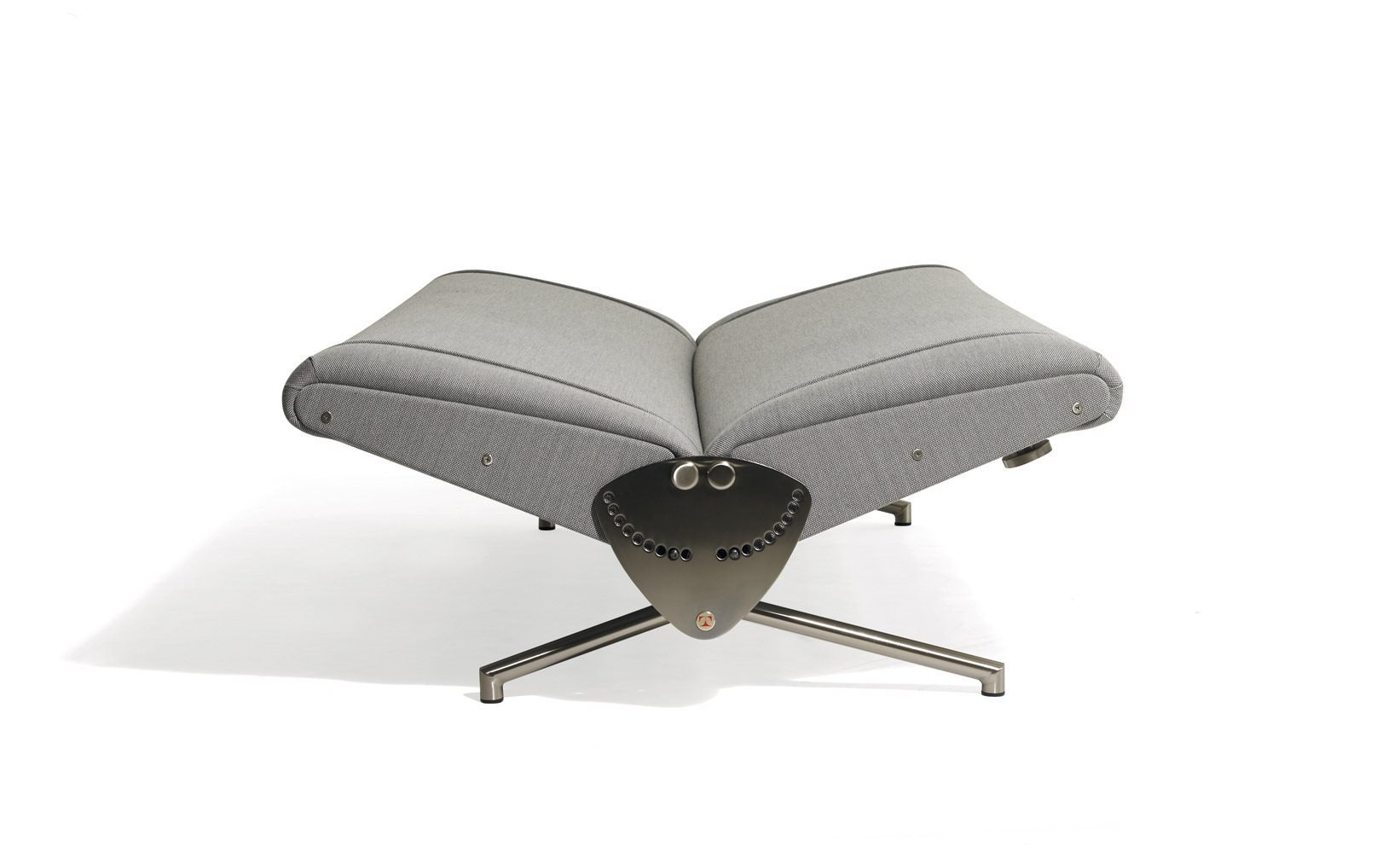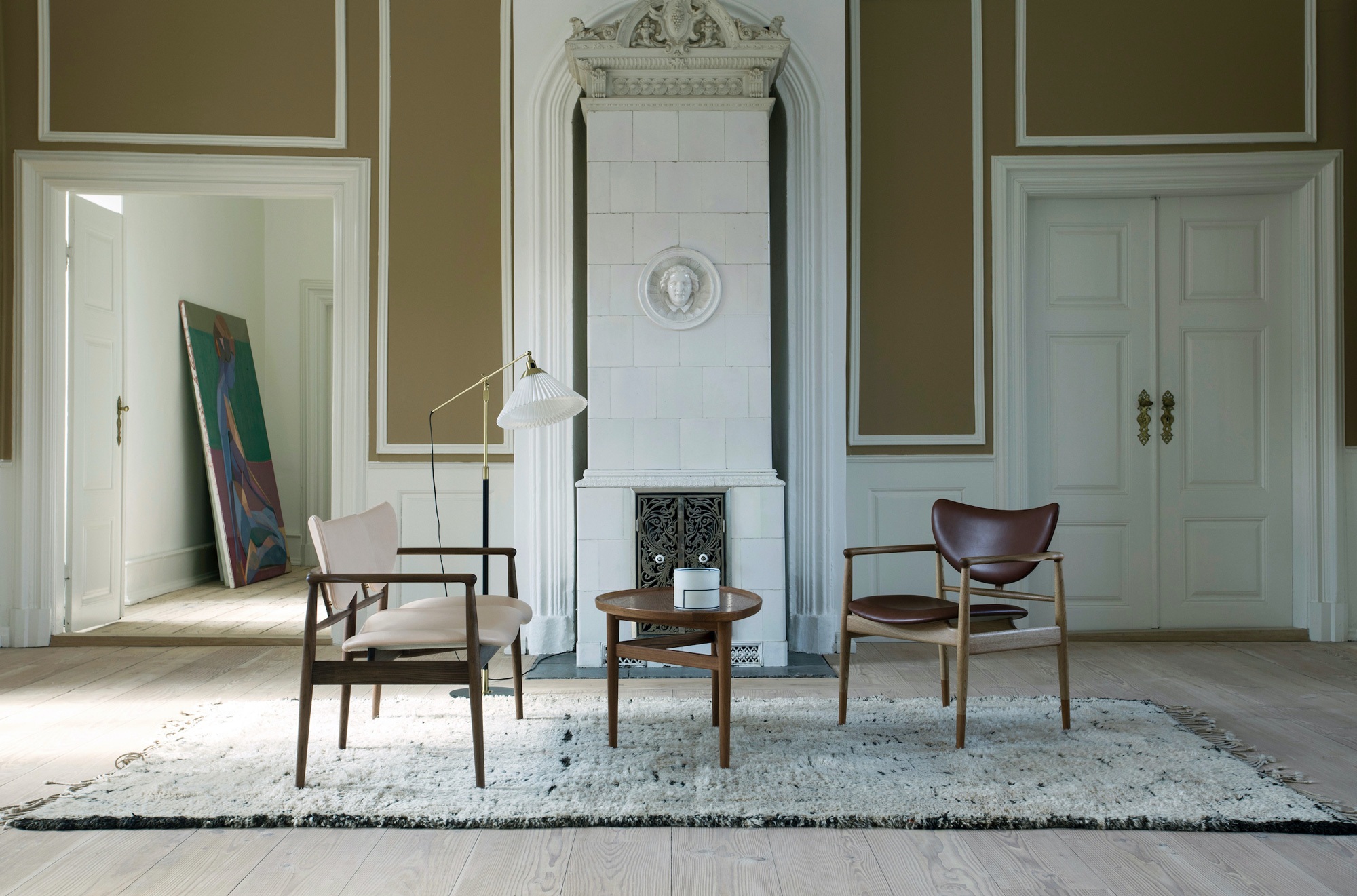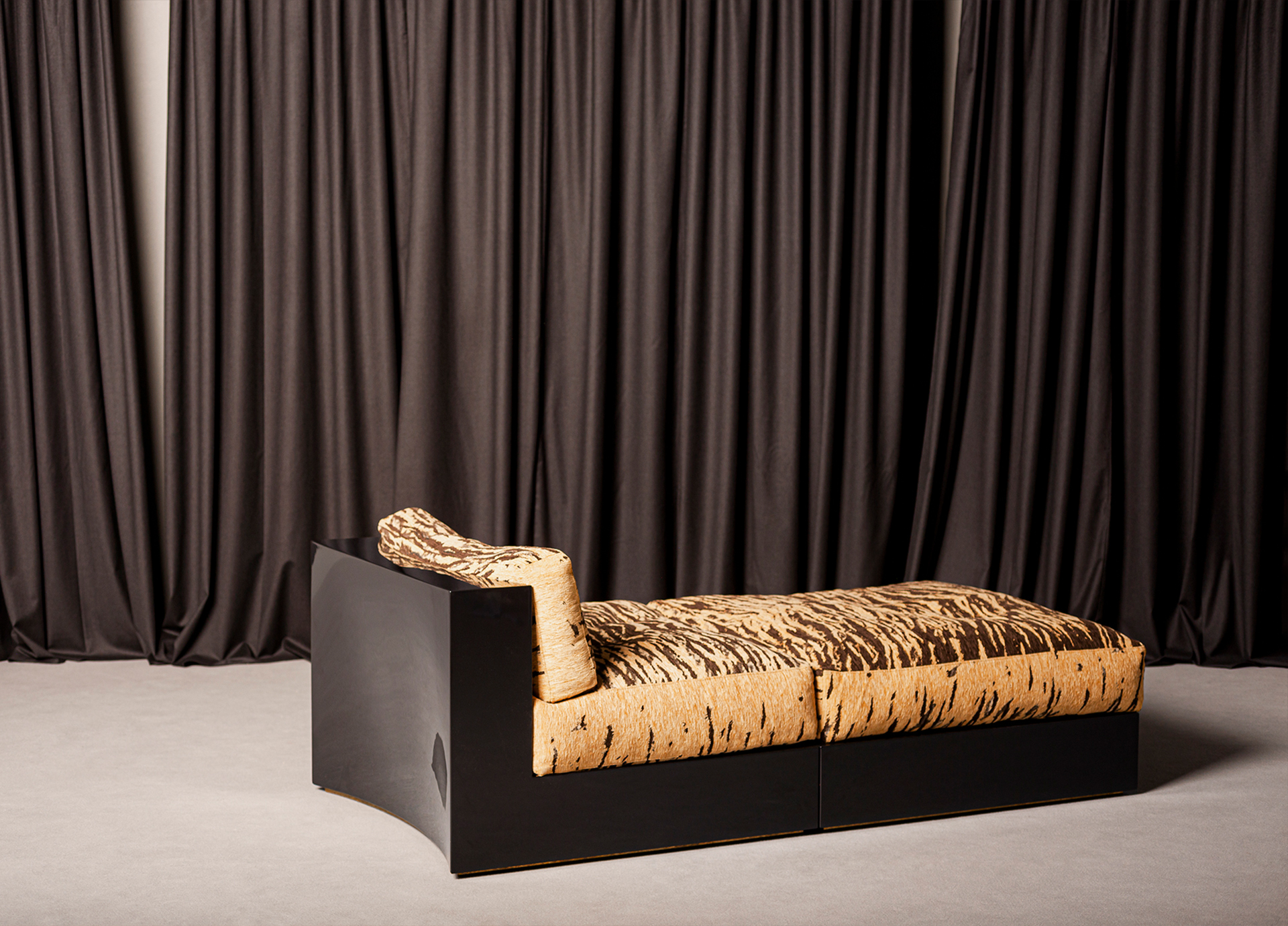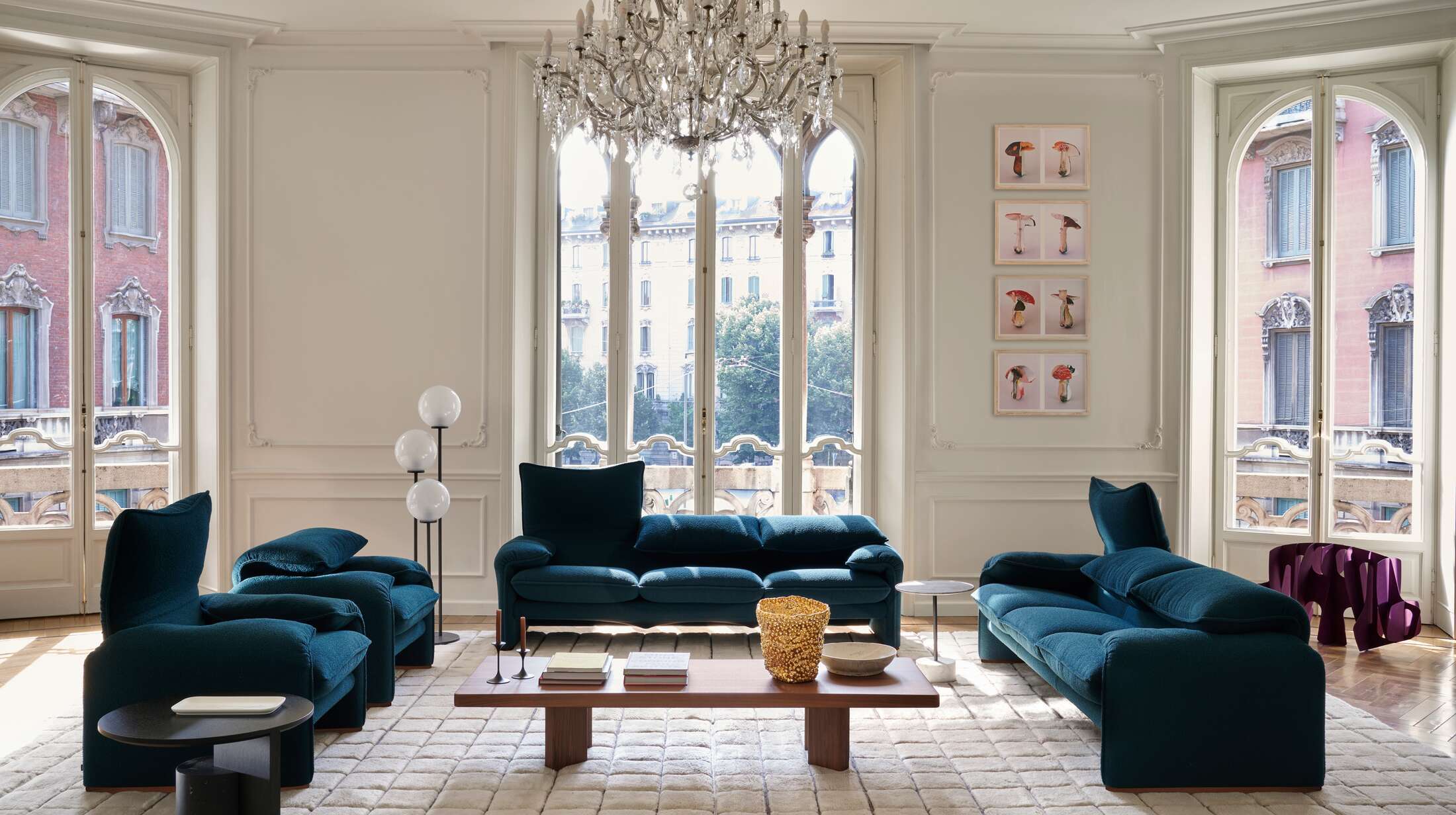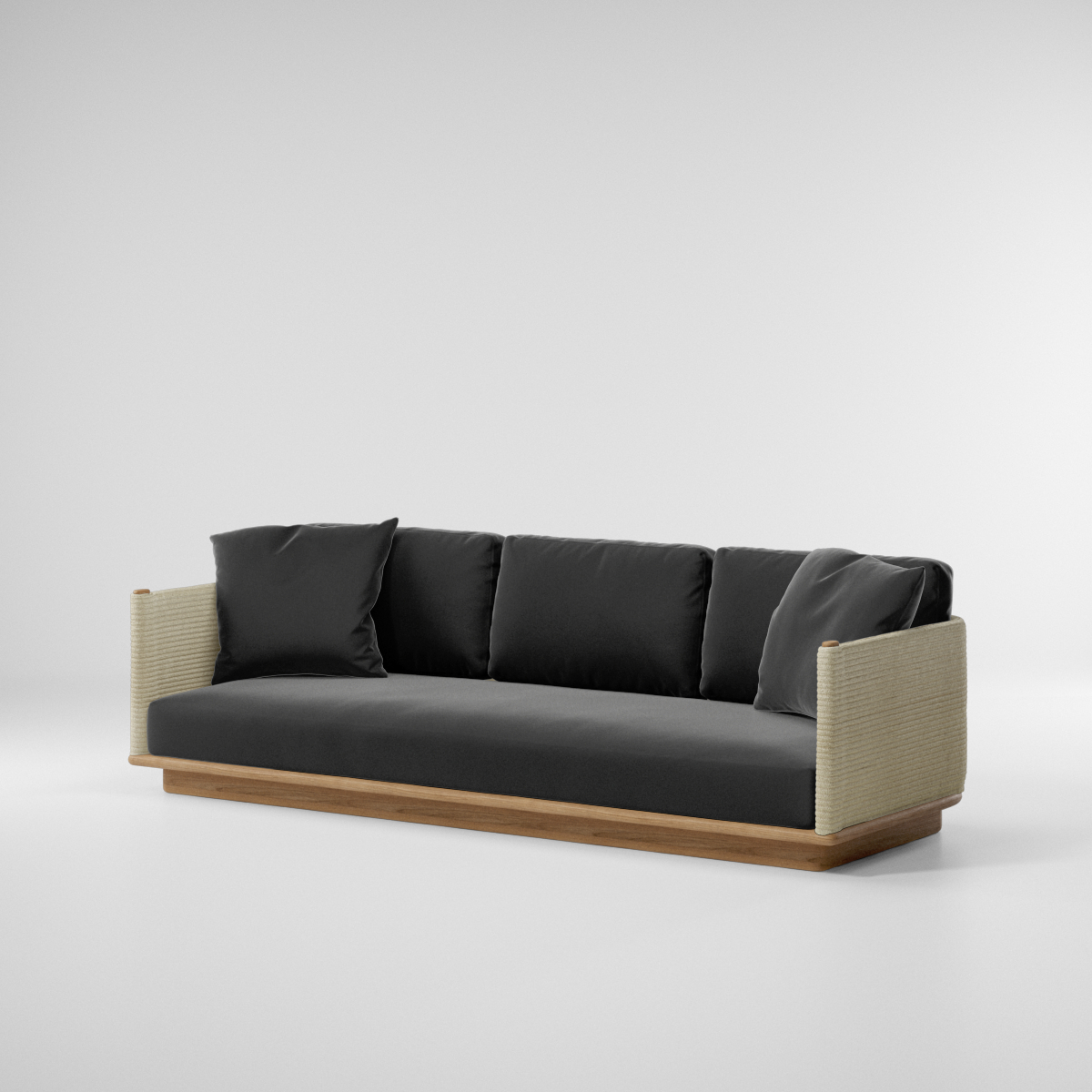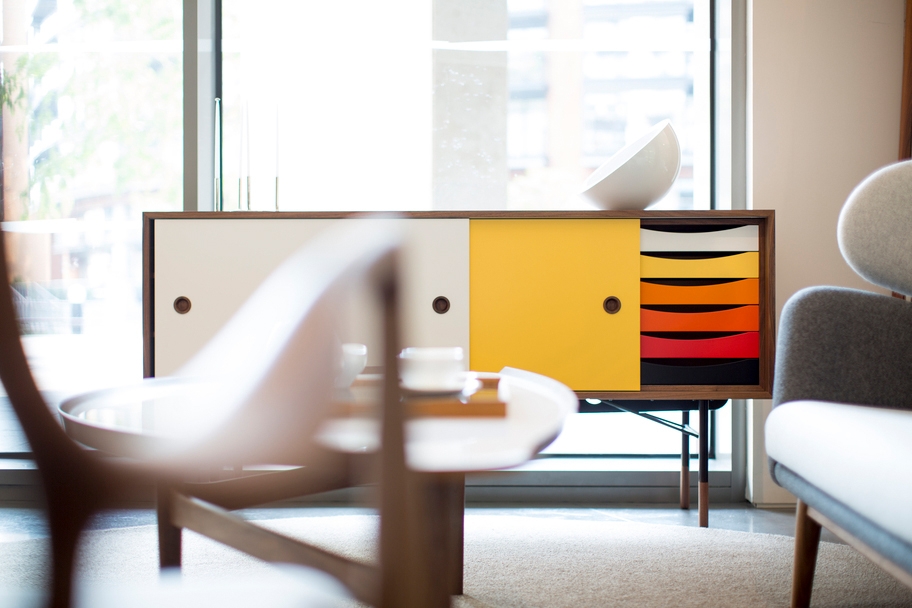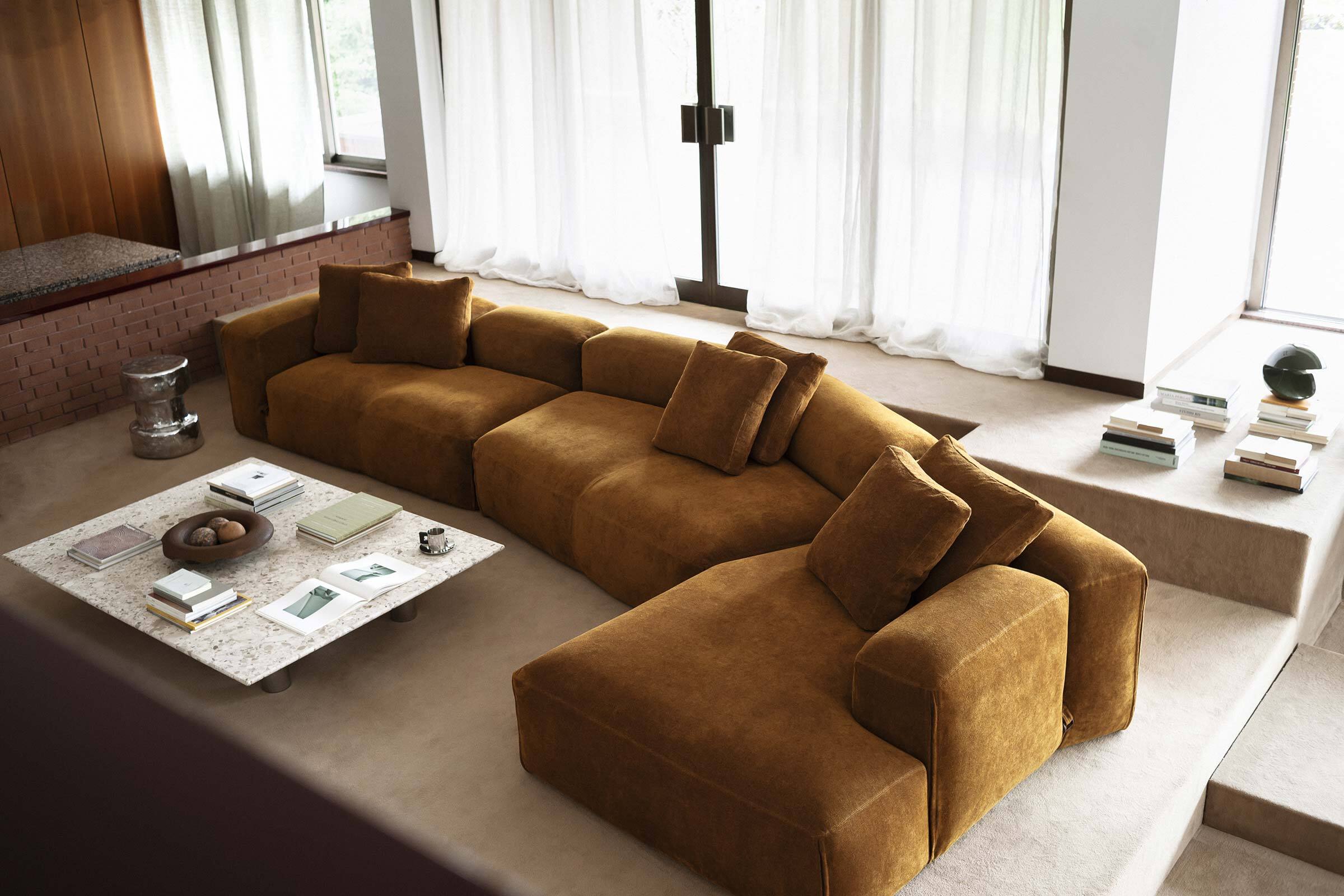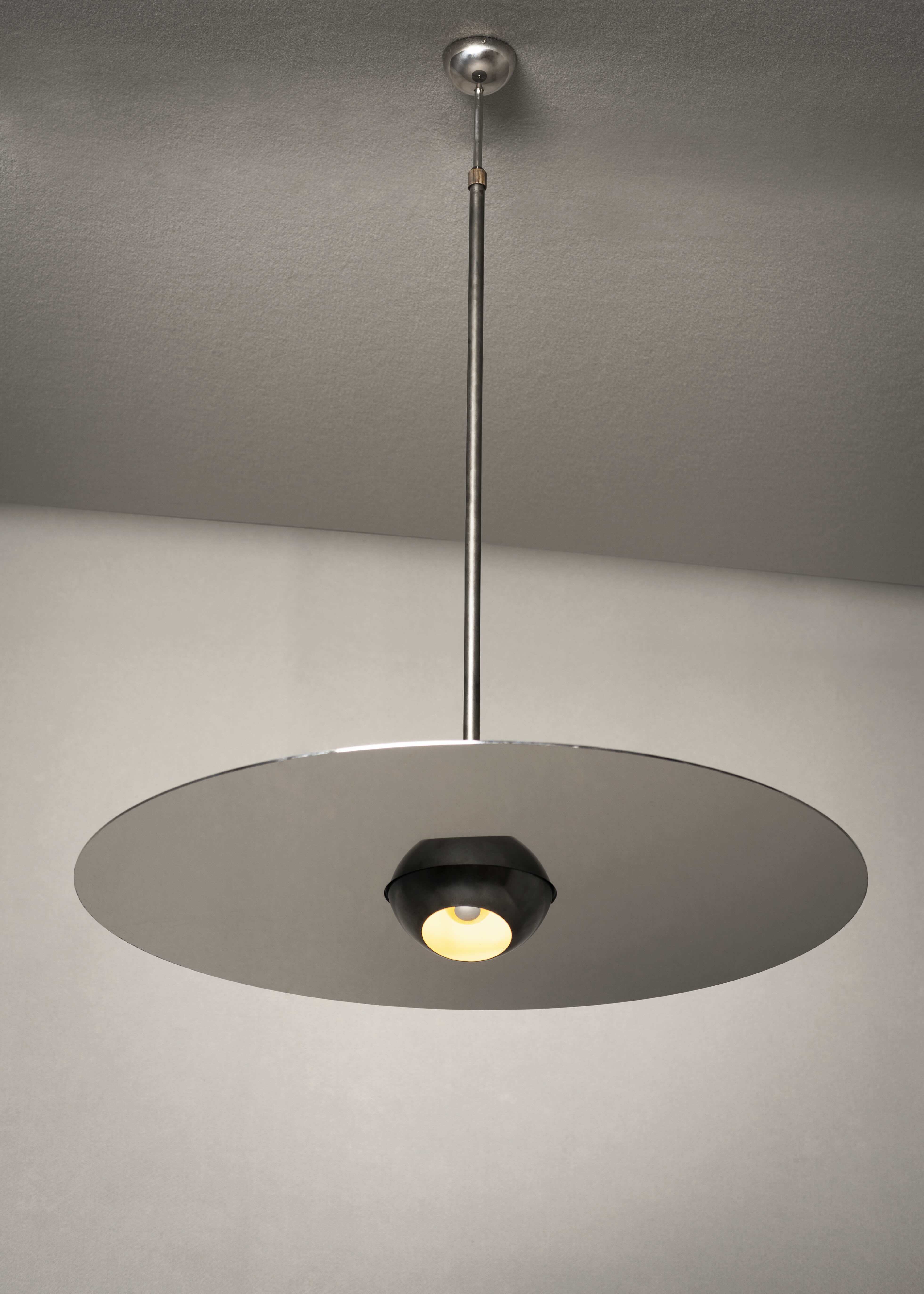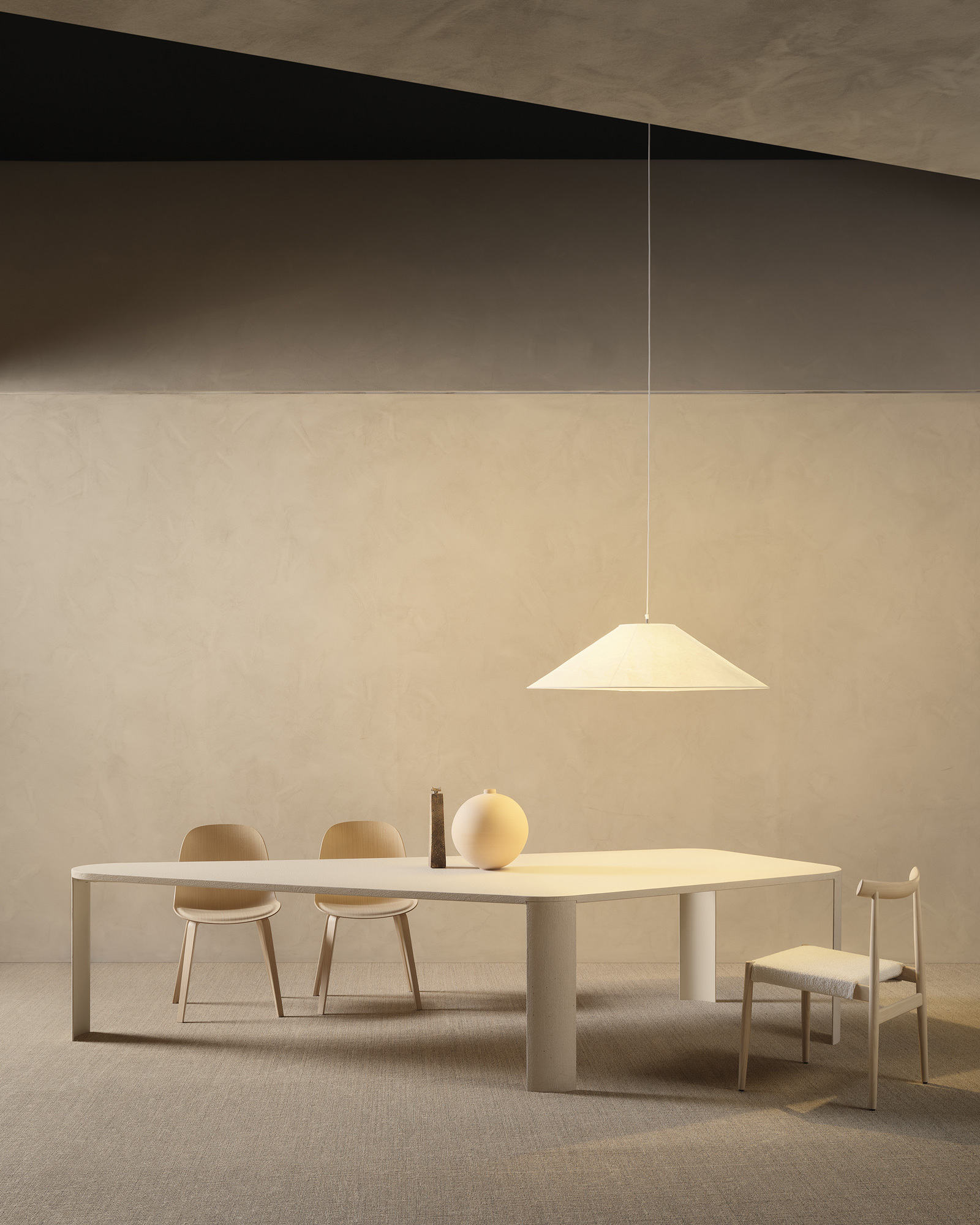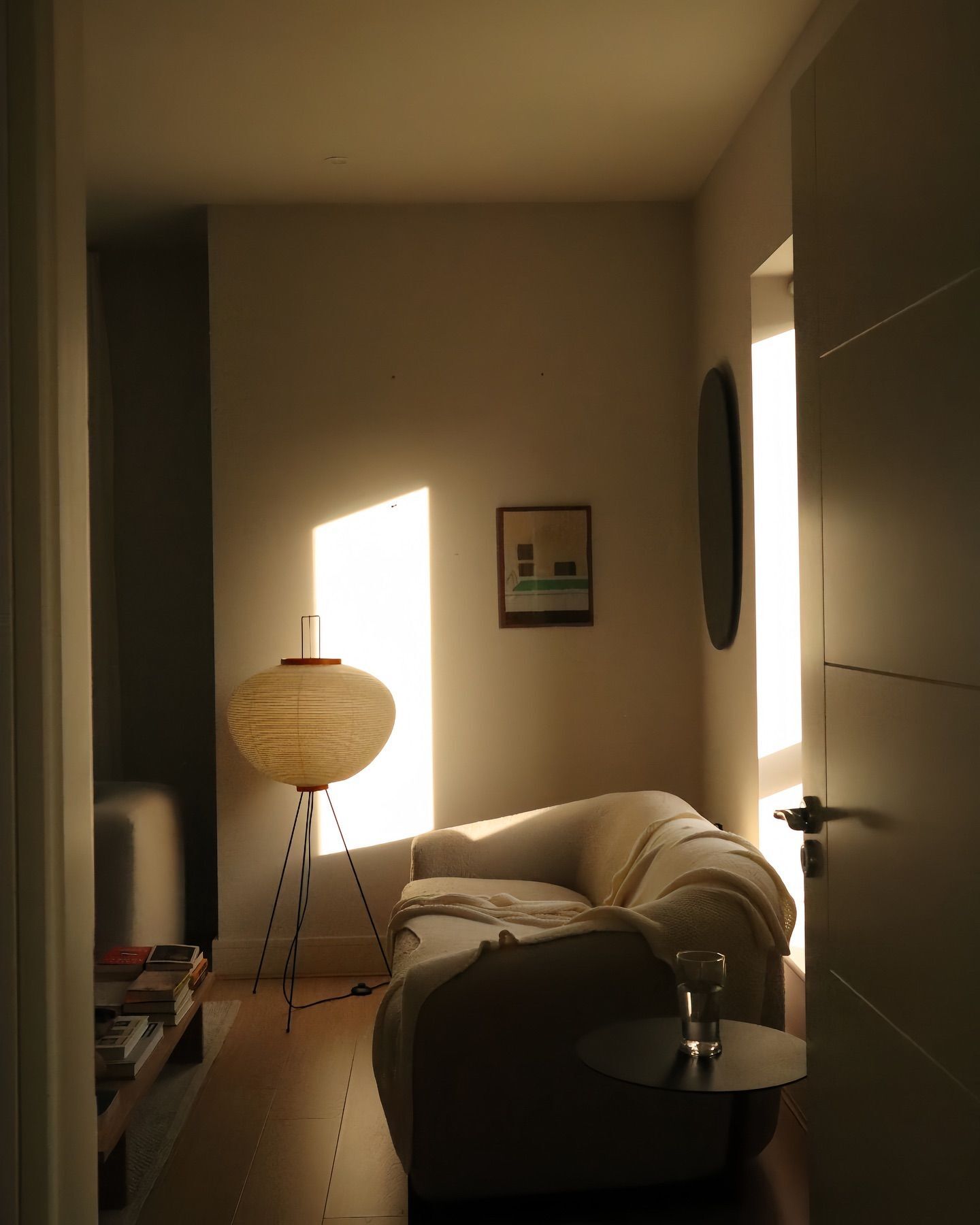Our showrooms will be closed from 24 to 28 Dec and from 31 Dec to 6 Jan. We will be open on 29 and 30 Dec.
Best Wishes for this Holiday Season!
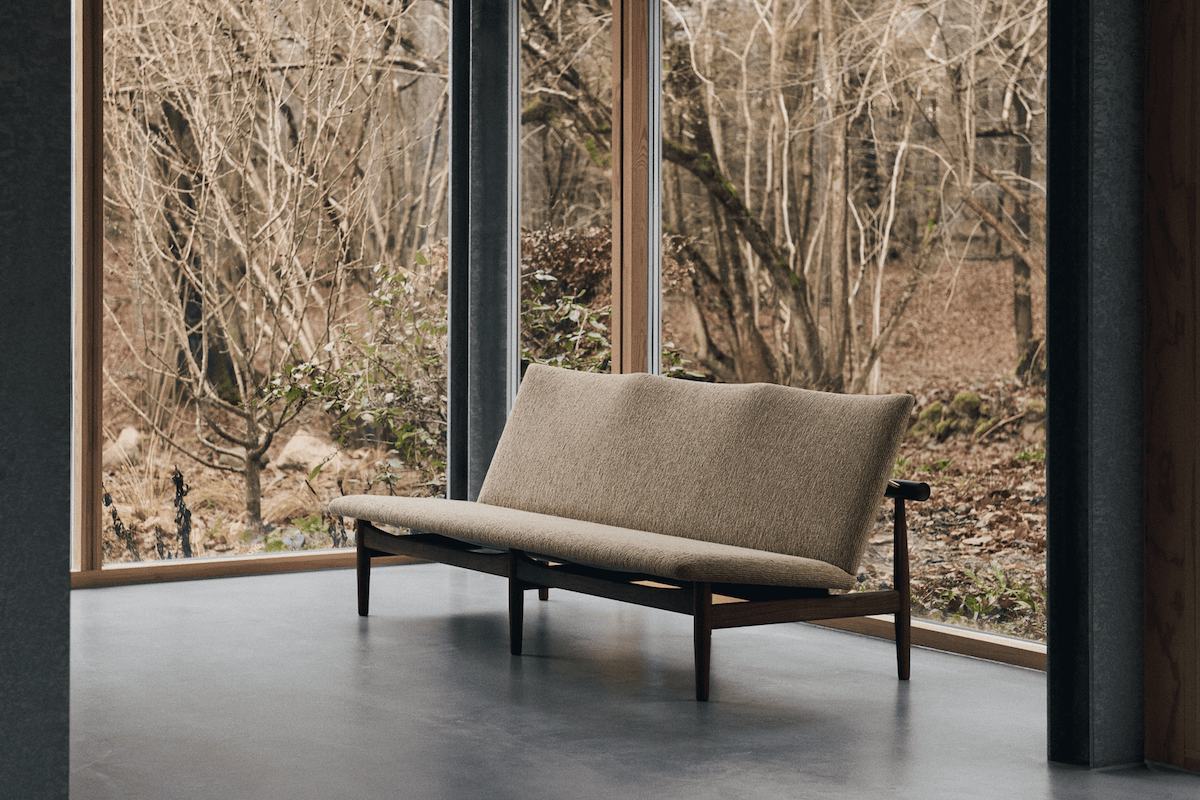
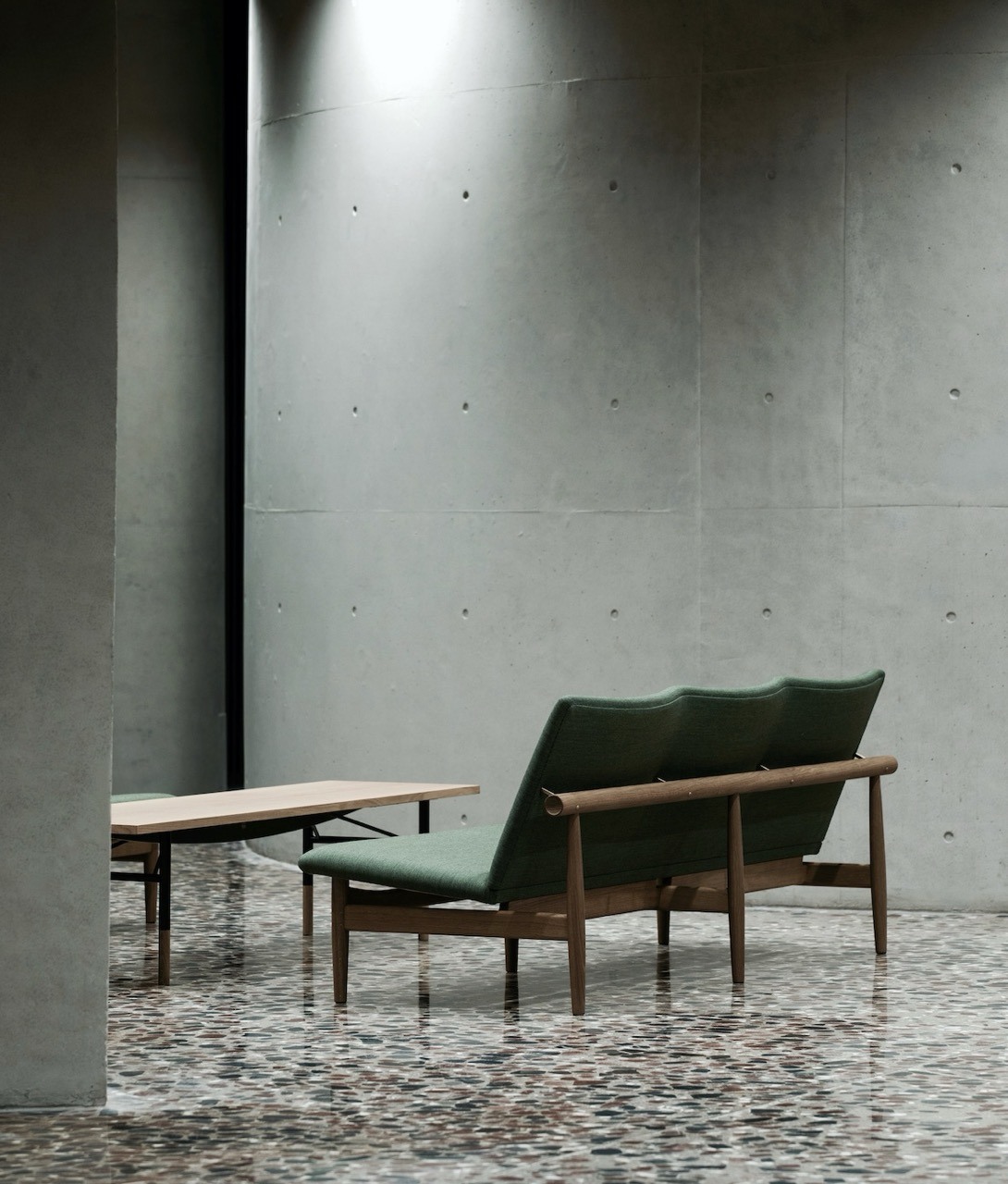
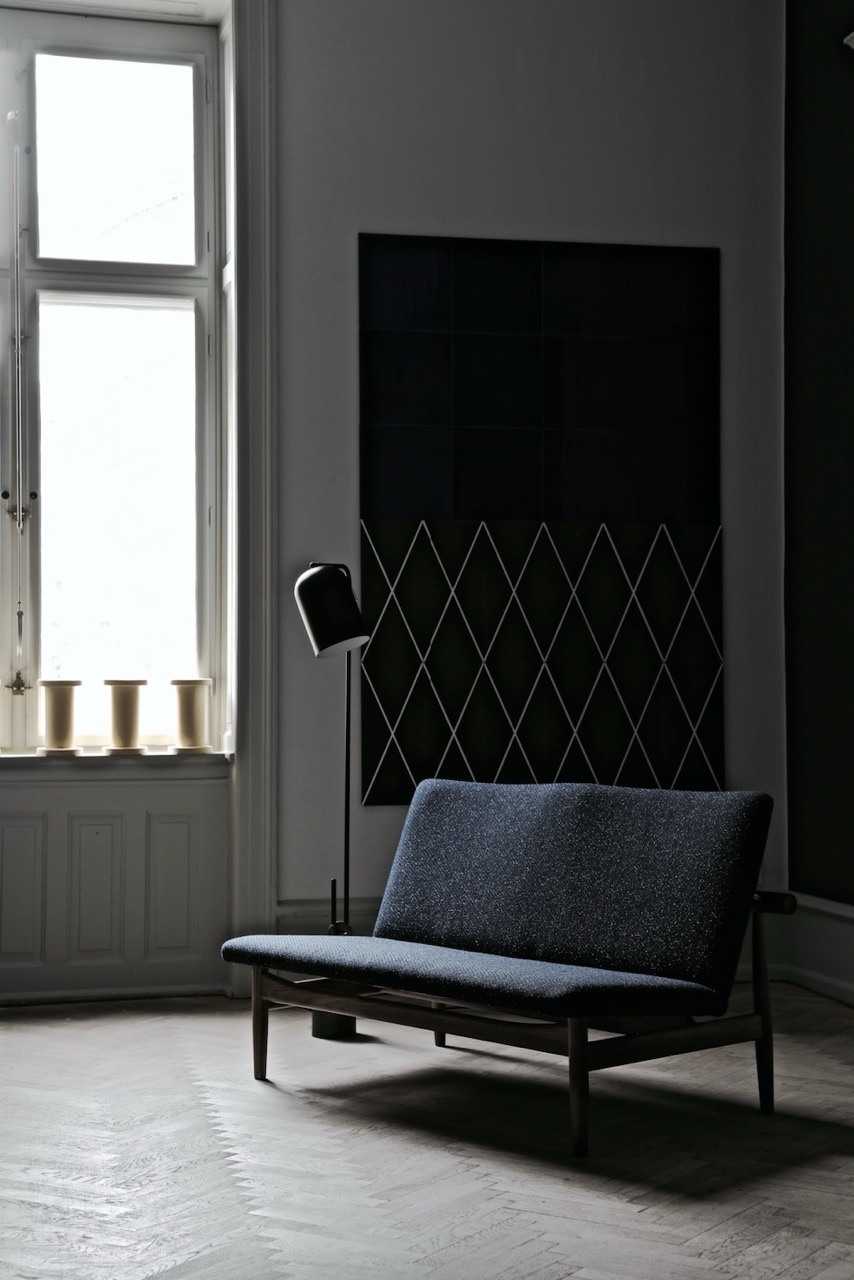
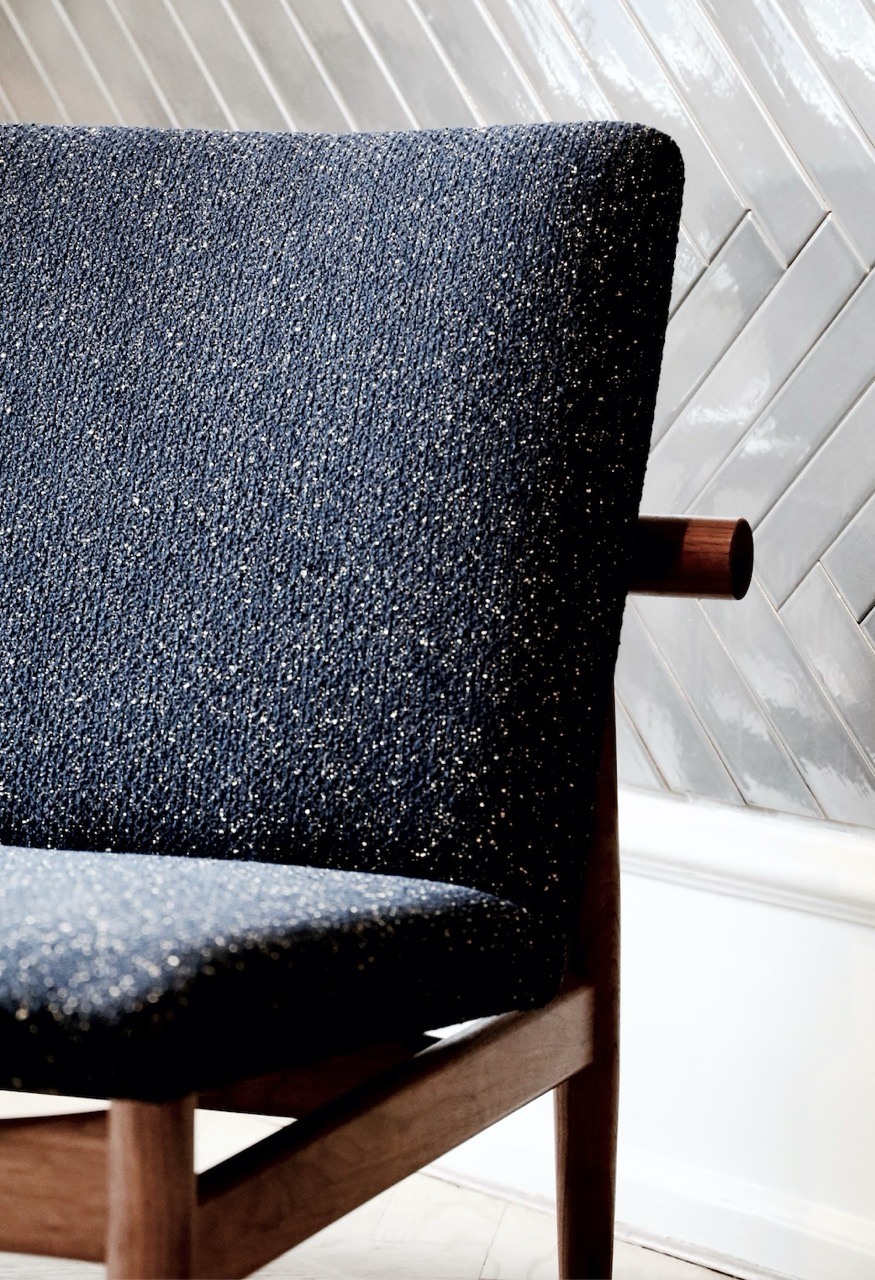
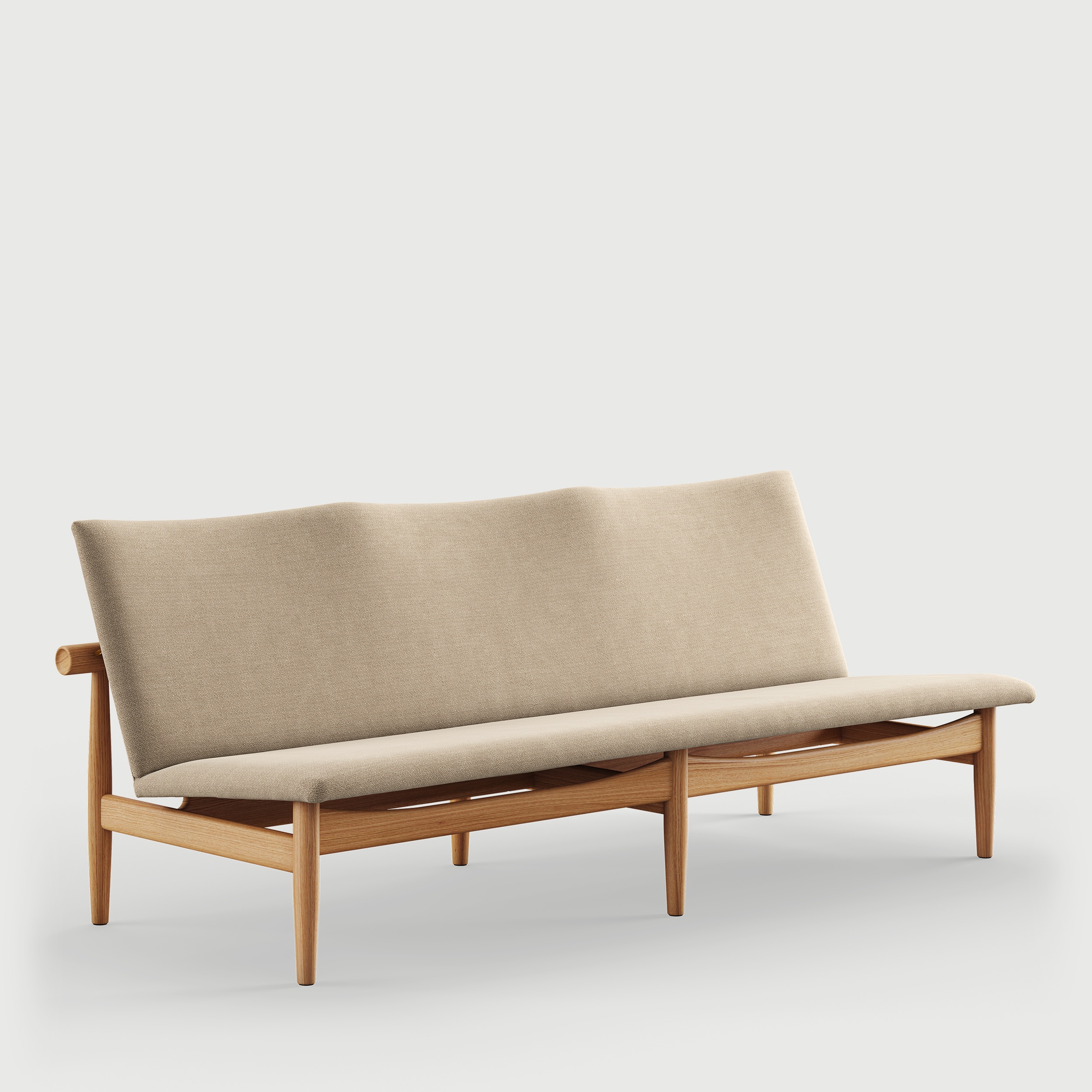
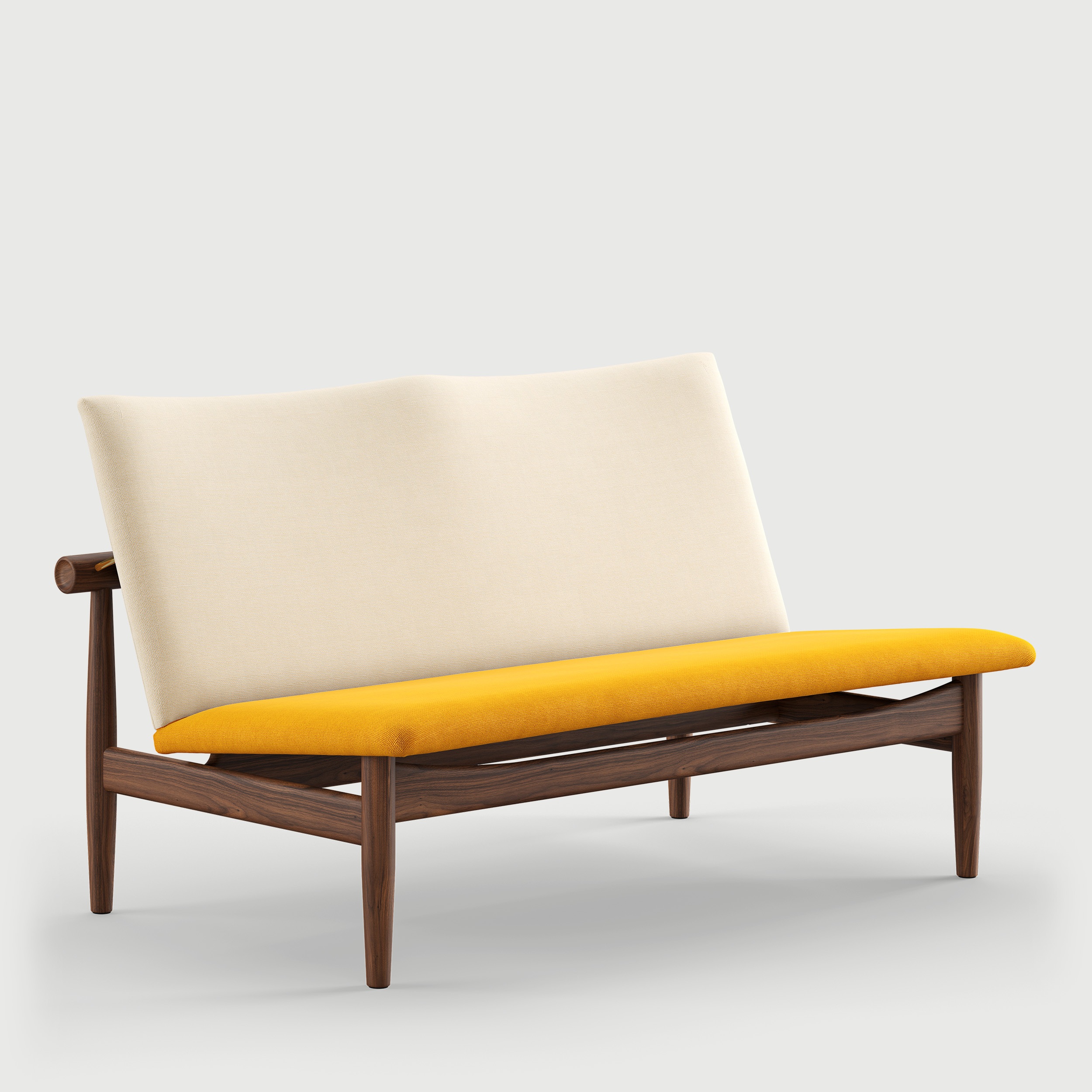
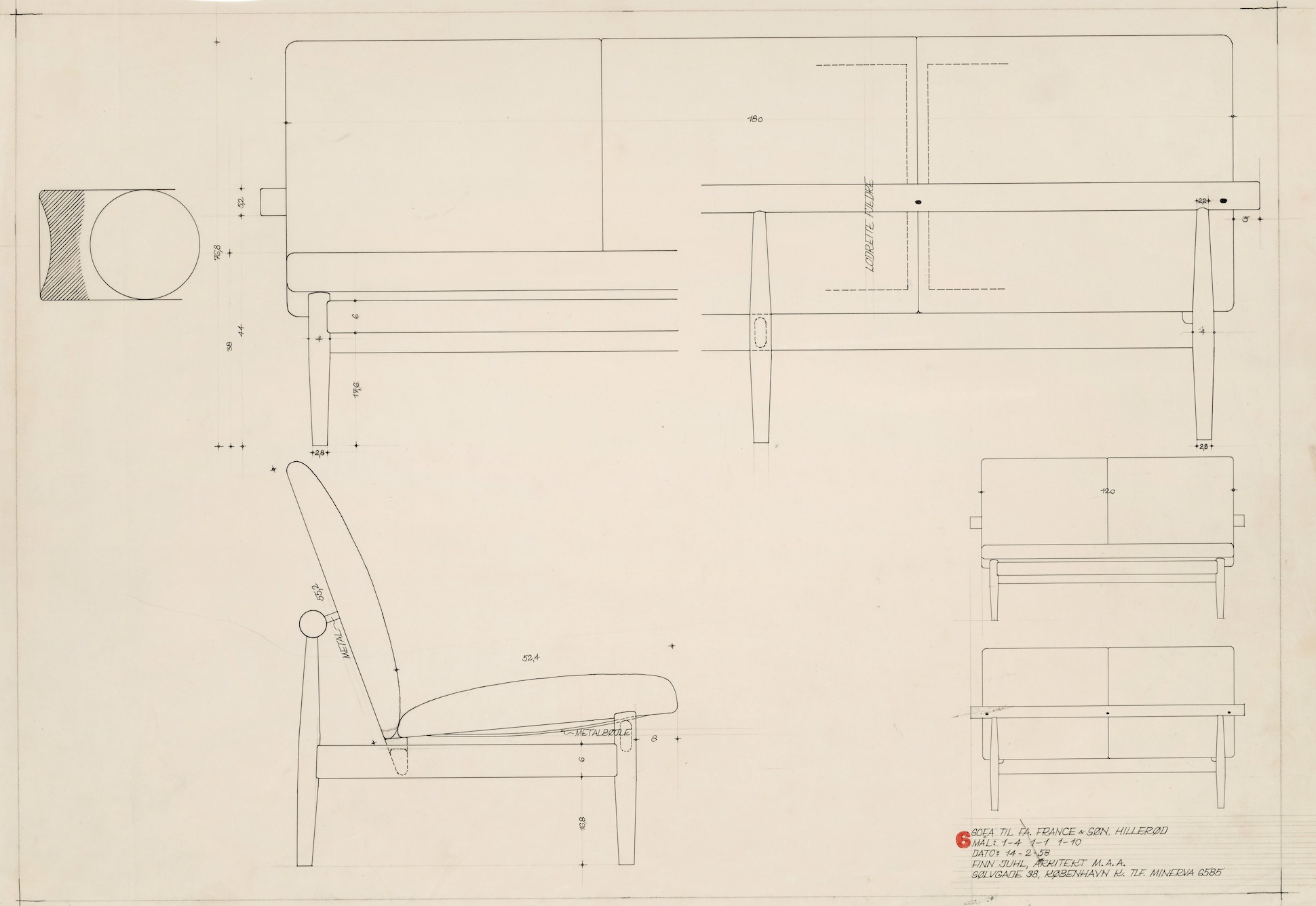
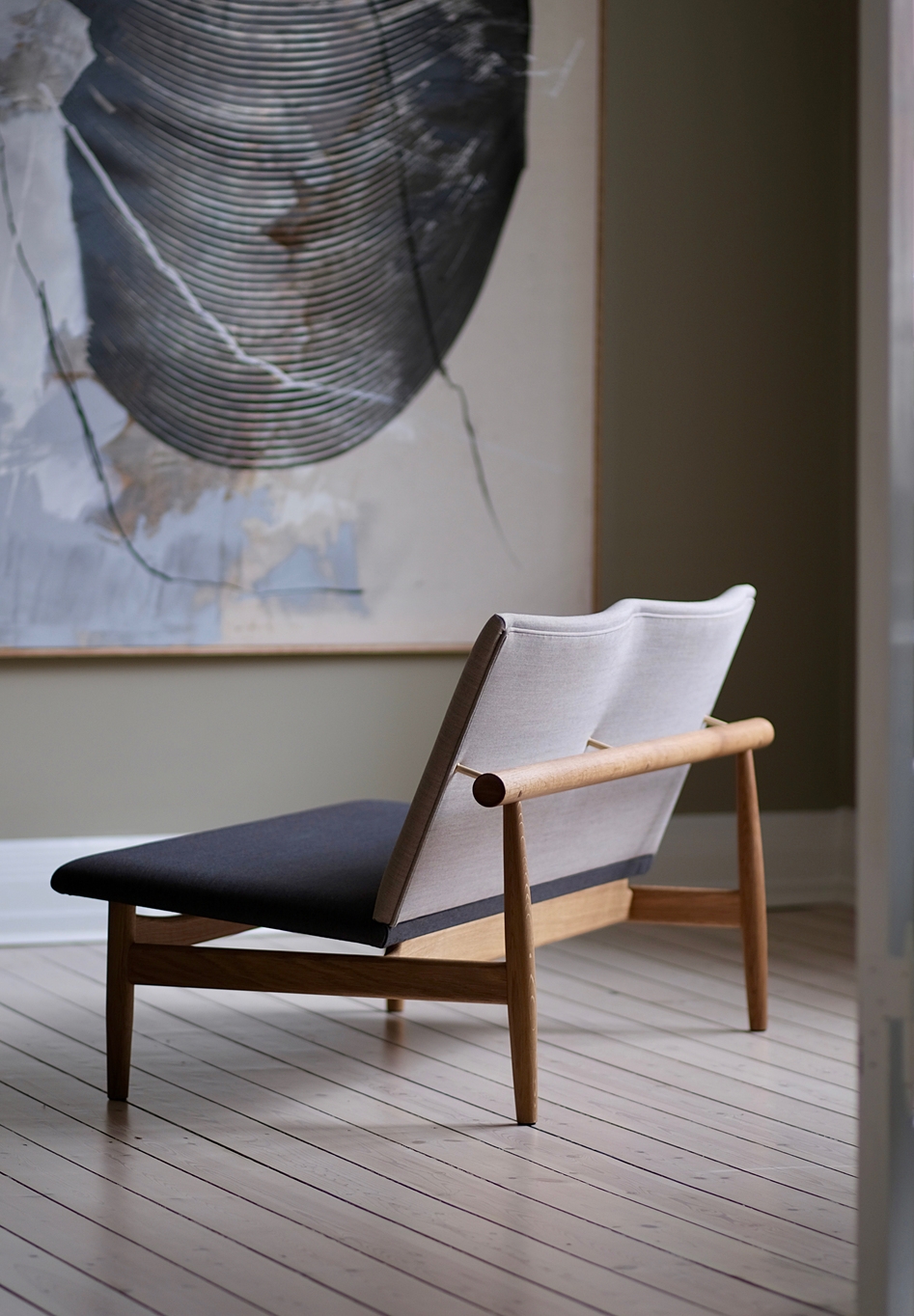








Japan Sofa
Category
Sofas
Brand
Designer
Dimensions
L 121 cm - D 70 cm - H 78 cm
L 180 cm - D 70 cm - H 78 cm
L 180 cm - D 70 cm - H 78 cm
Finiture
Walnut, Oak, Fabric
Year
1957
Despite the Japan Sofa's simple construction, Finn Juhl remained true to his concept of emphasizing the distinction between the carried and carrying elements by separating the backrest from the supporting frame. The solid horizontal backrest, resting on slightly tapered legs, references a traditional Japanese temple door.
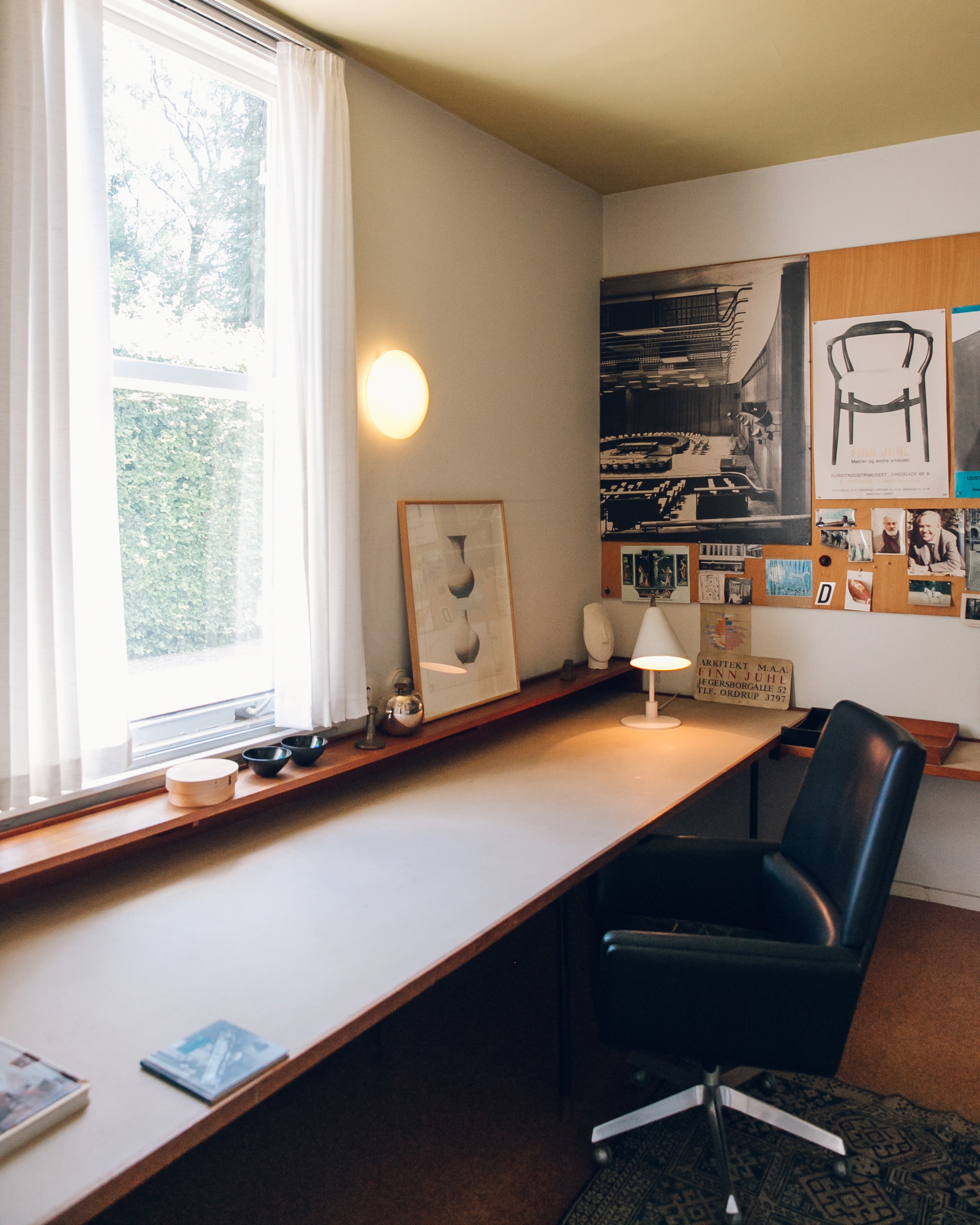
House of Finn Juhl
House of Finn Juhl repurposes tables, sofas, and armchairs by architect Finn Juhl (1912-1989), unanimously considered the founding father of modern Danish design. With iconic and timeless beauty, the products in the collection are made almost entirely in Denmark and the upholstered furniture is entirely handcrafted in accordance with Danish tradition.
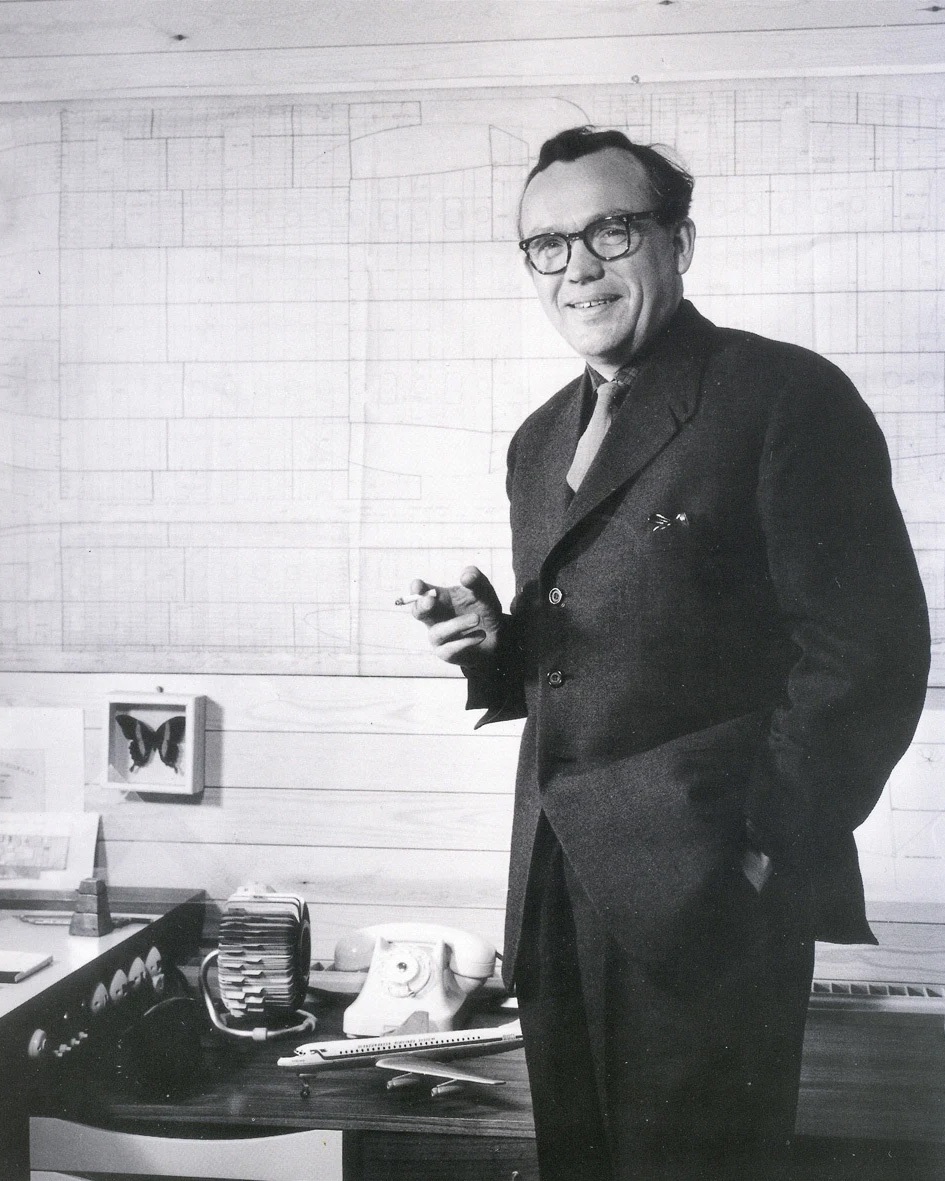
Finn Juhl
Born on January 30, 1912, in Frederiksberg, Finn Juhl is one of the most prominent representatives of Danish design. He studied architecture at the Royal Danish Academy of Fine Arts in Copenhagen and he worked with the famous architect Vilhelm Lauritzen, a leading figure in Danish architectural modernism. In 1942, Juhl designed a house for himself, which is still known simply as House of Finn Juhl (like the brand that produces his designs today). He taught interior design in Copenhagen, before opening his own studio in 1945. In 1951, he made his U.S. debut at the Good Design Show in Chicago and at MoMa in New York. He was later given the task of designing various pieces of furniture for the Danish Embassy in Washington DC and for the interiors of Scandinavian Airlines aircraft. In the 1950s he was appointed interior architect to the Trusteeship Council Chamber of the New York headquarters of the United Nations, a role that made him internationally famous and for which he designs chairs for the organization's deputies.
Results for:
No Results
Discover the selection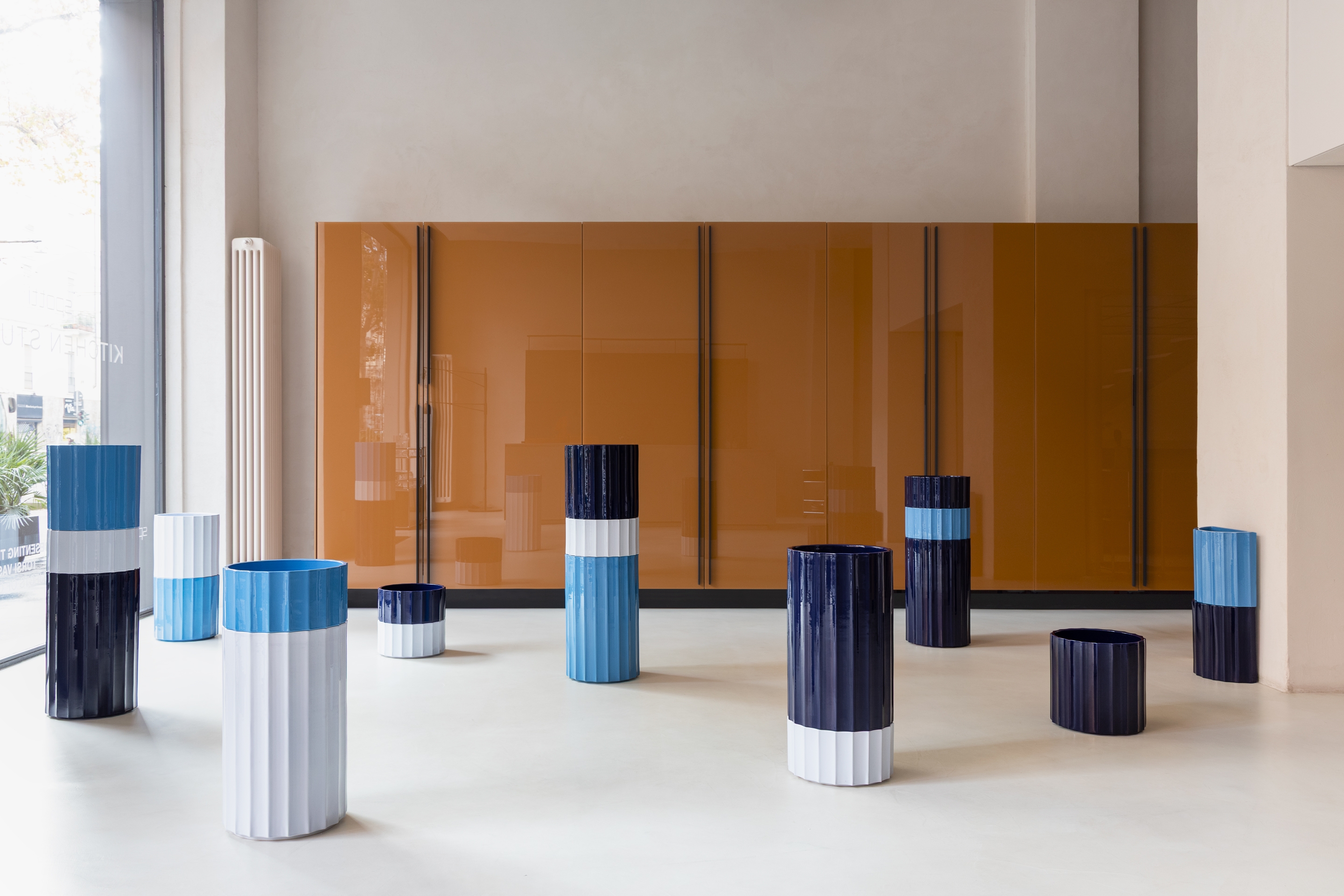
Torsi
Bitossi Ceramiche
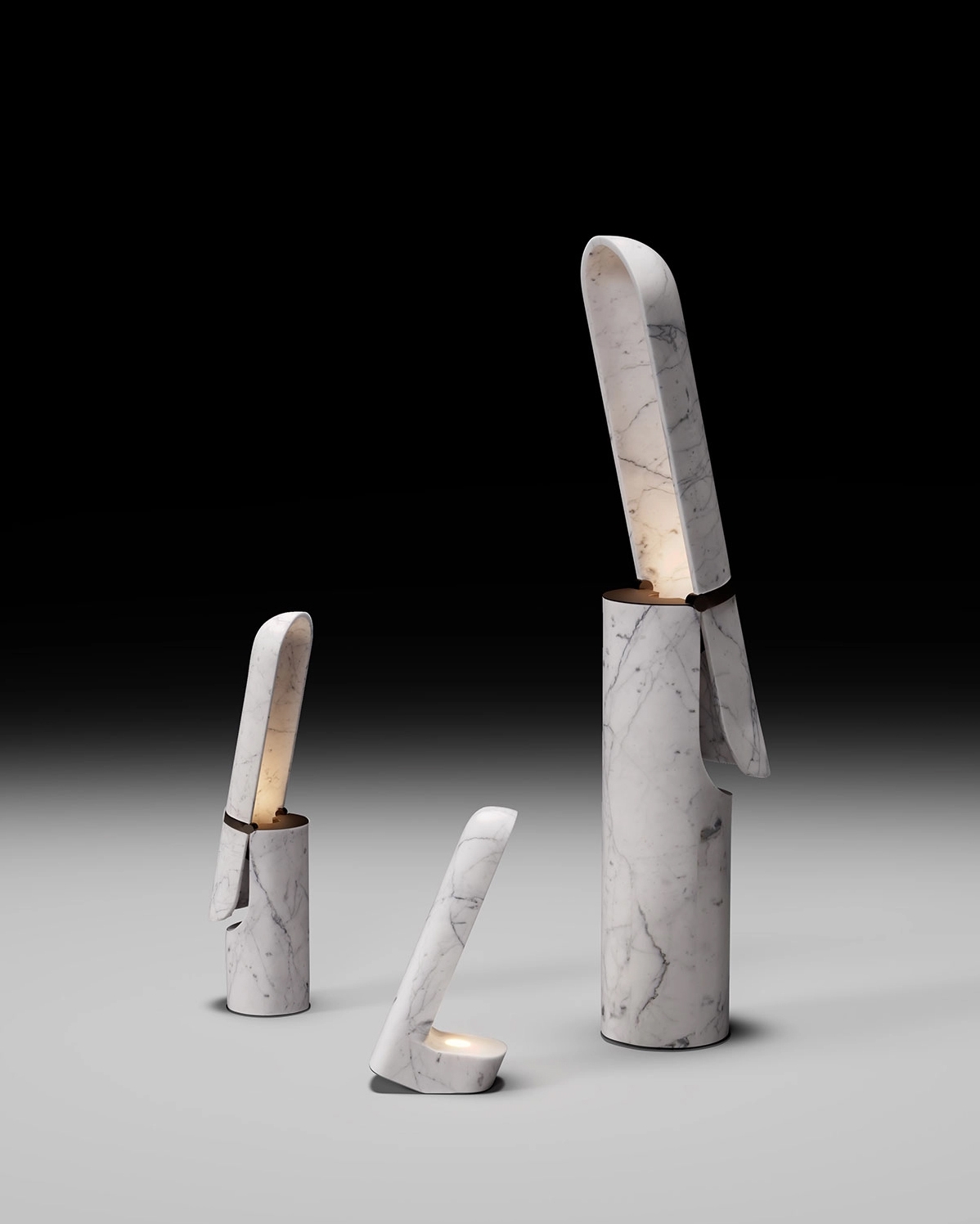
Révérence
Neutra
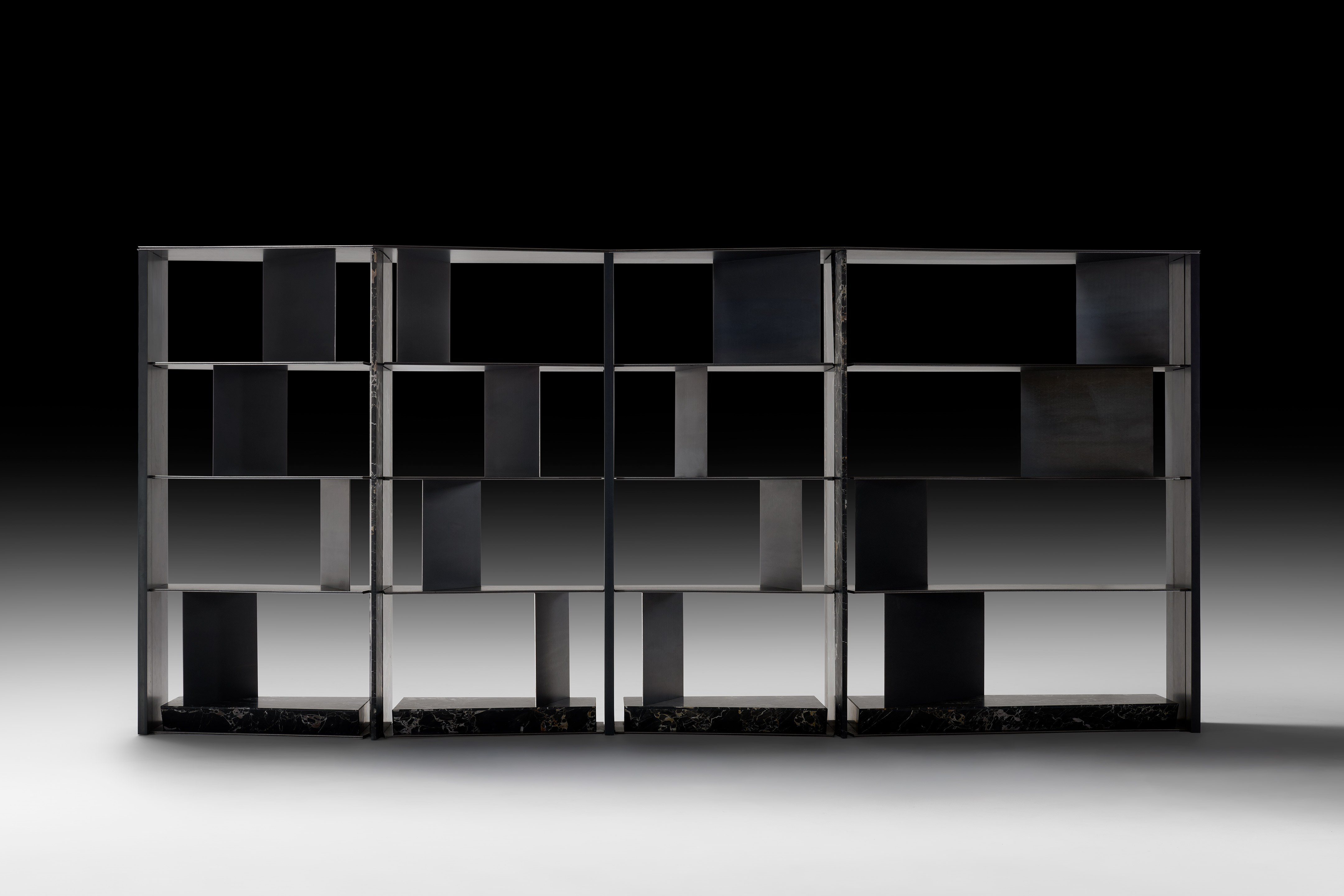
Pagina
Neutra
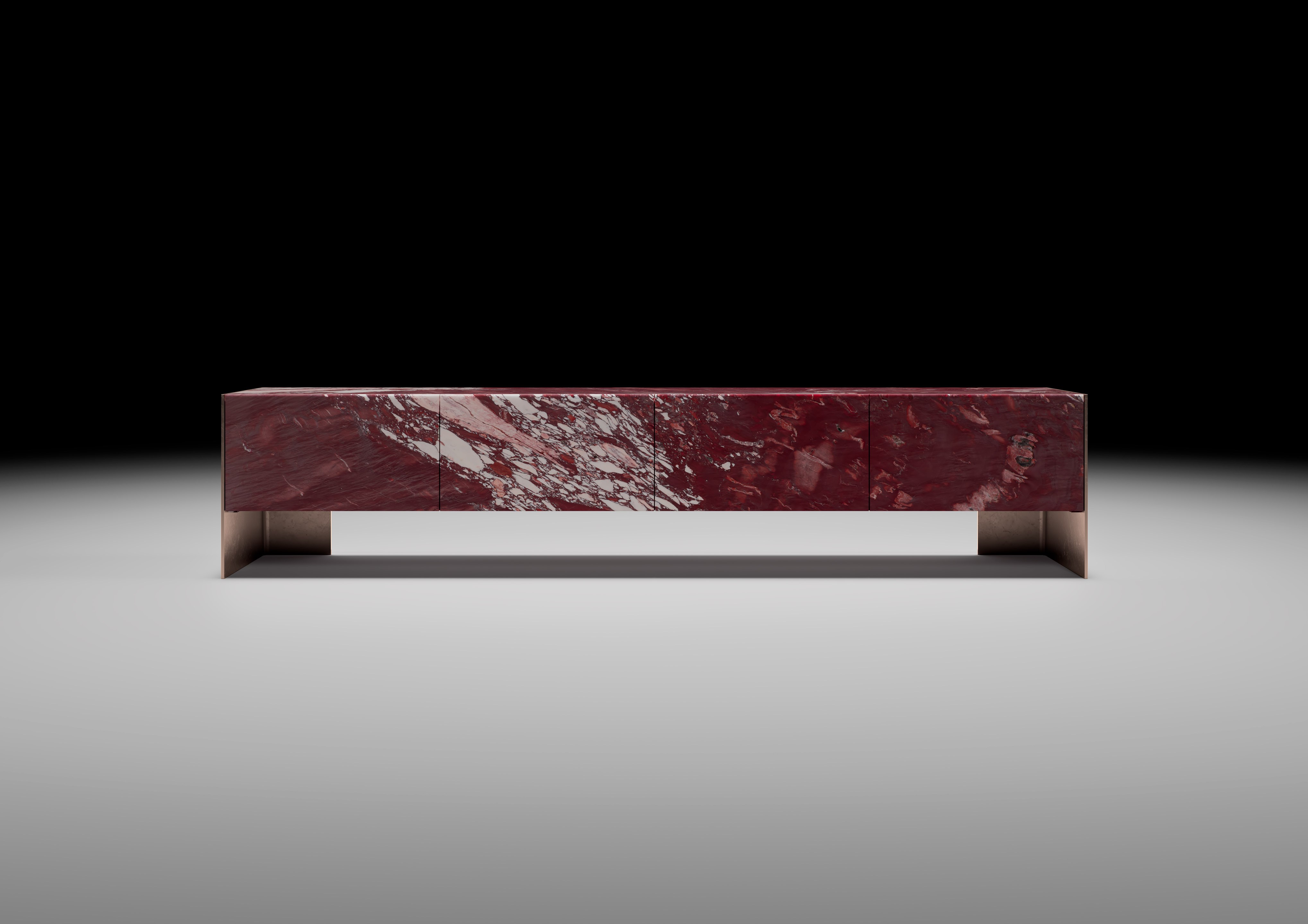
Onis
Neutra
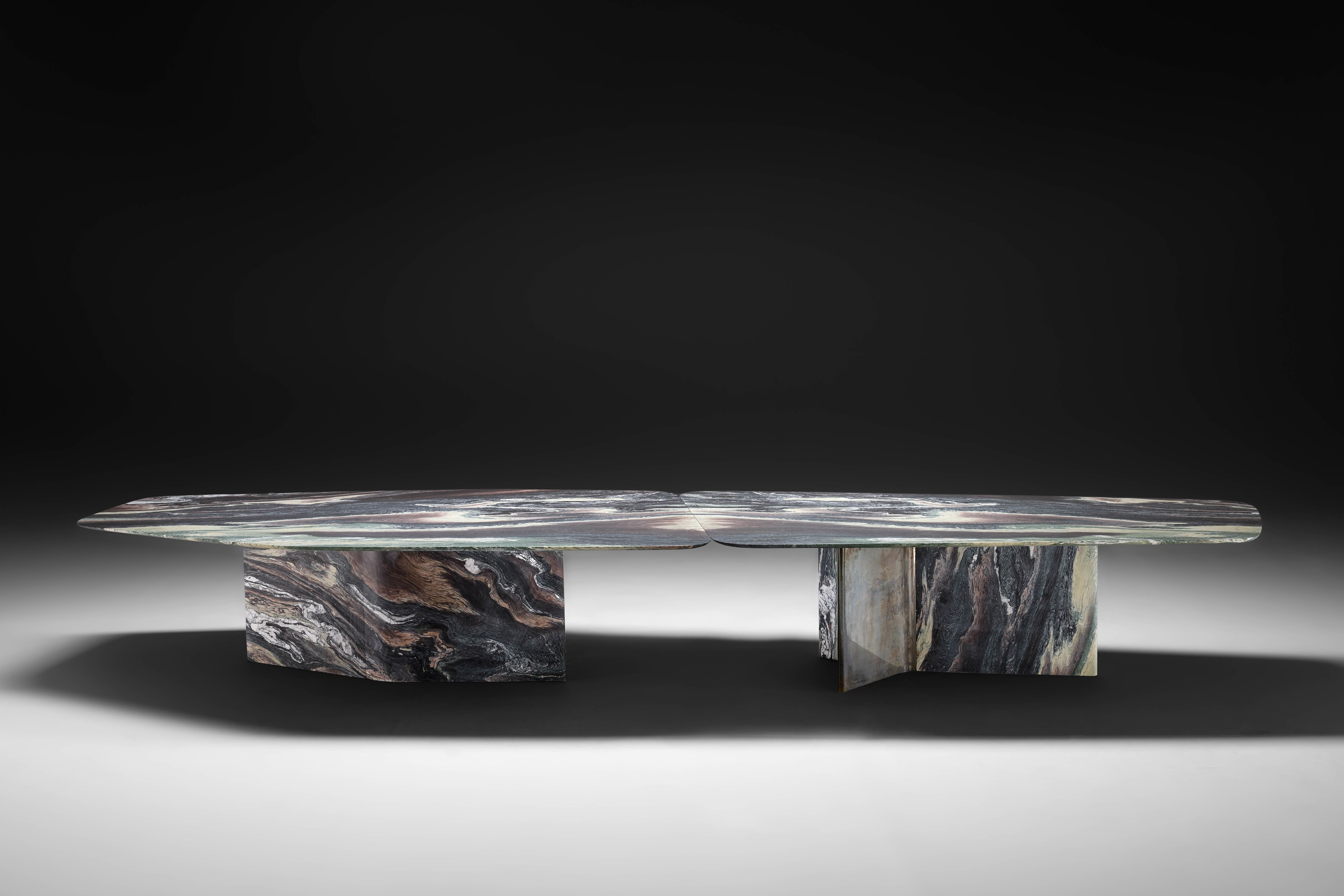
Islas
Neutra
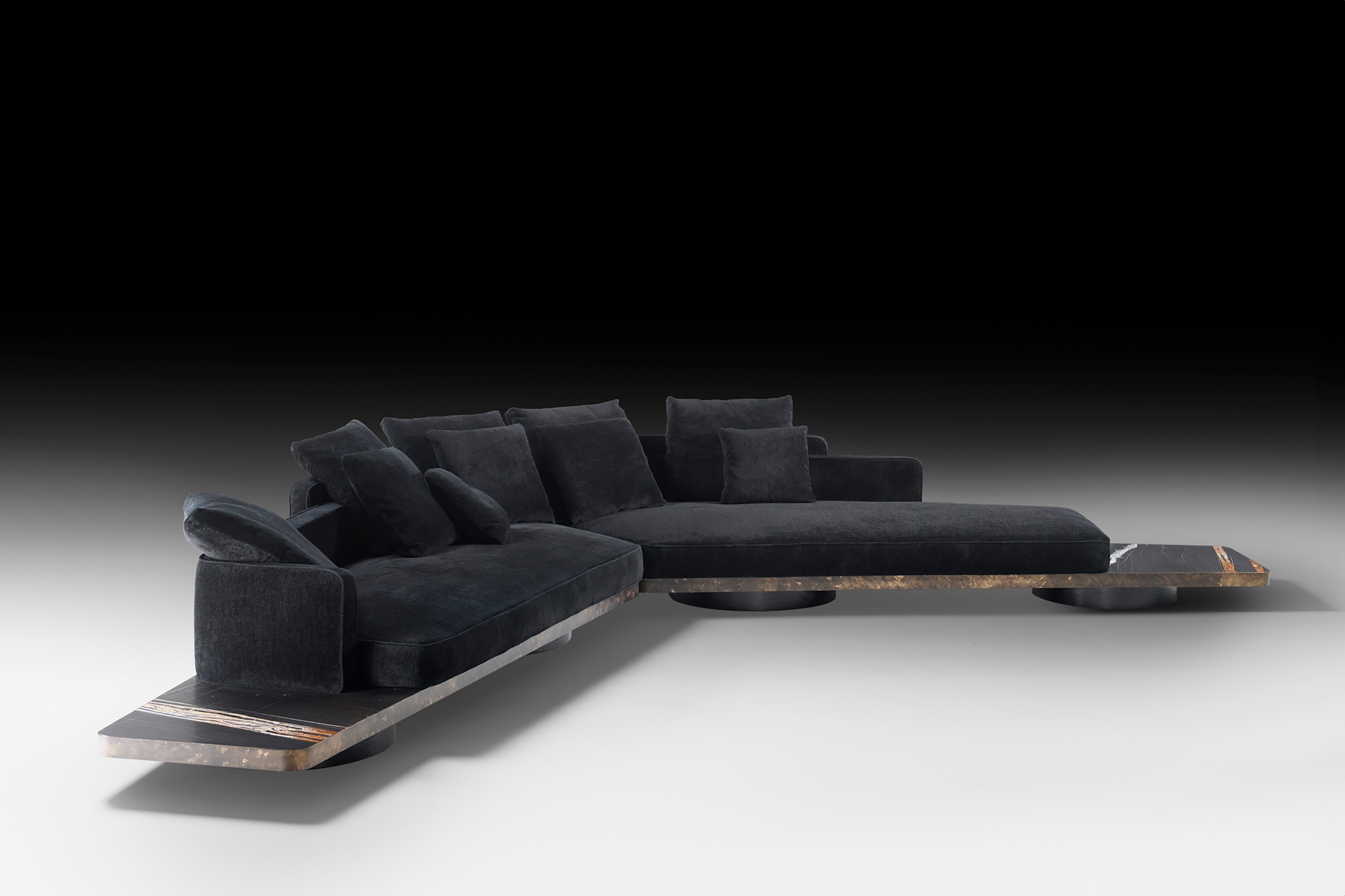
Ordos
Neutra
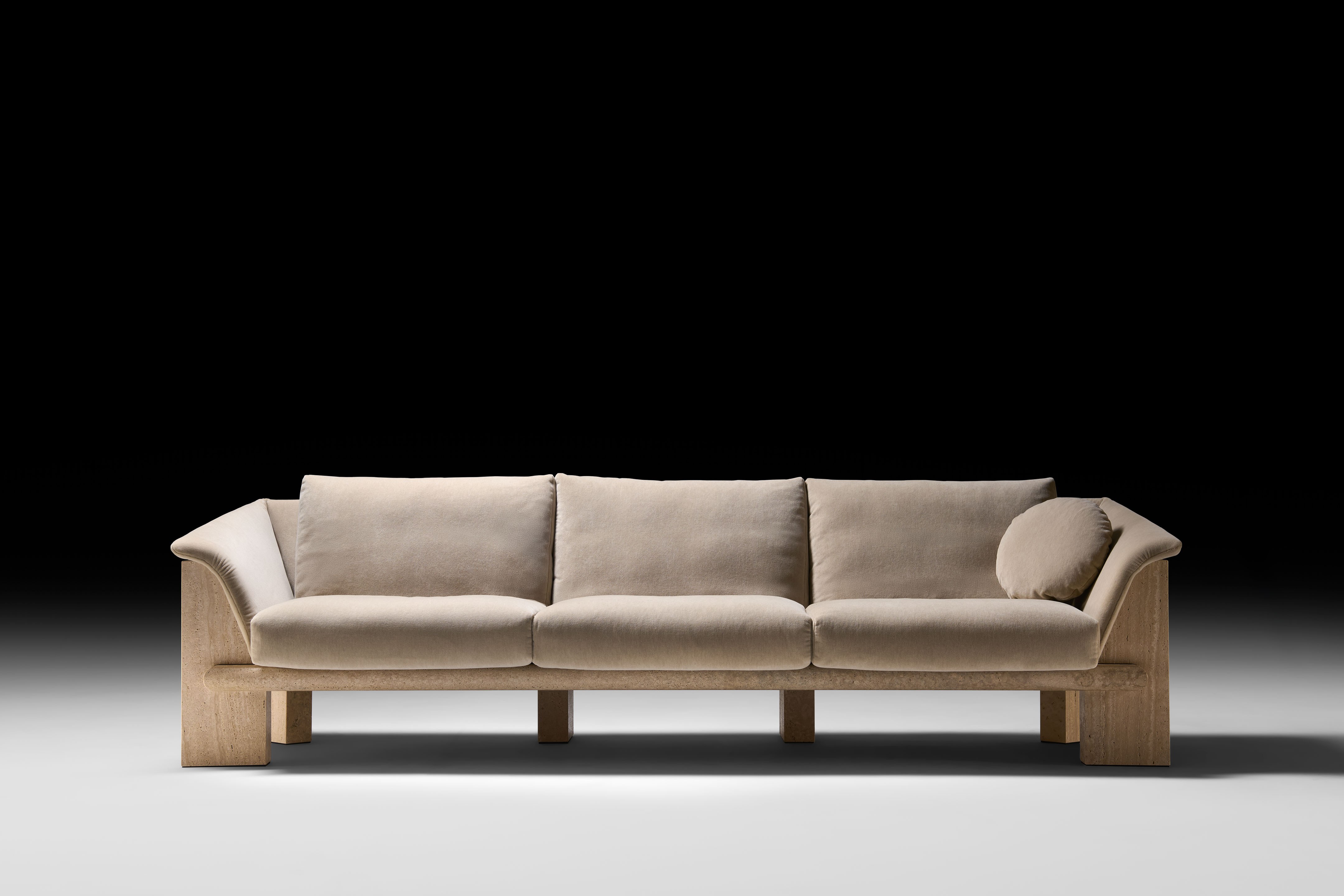
La Grande Muraglia
Neutra
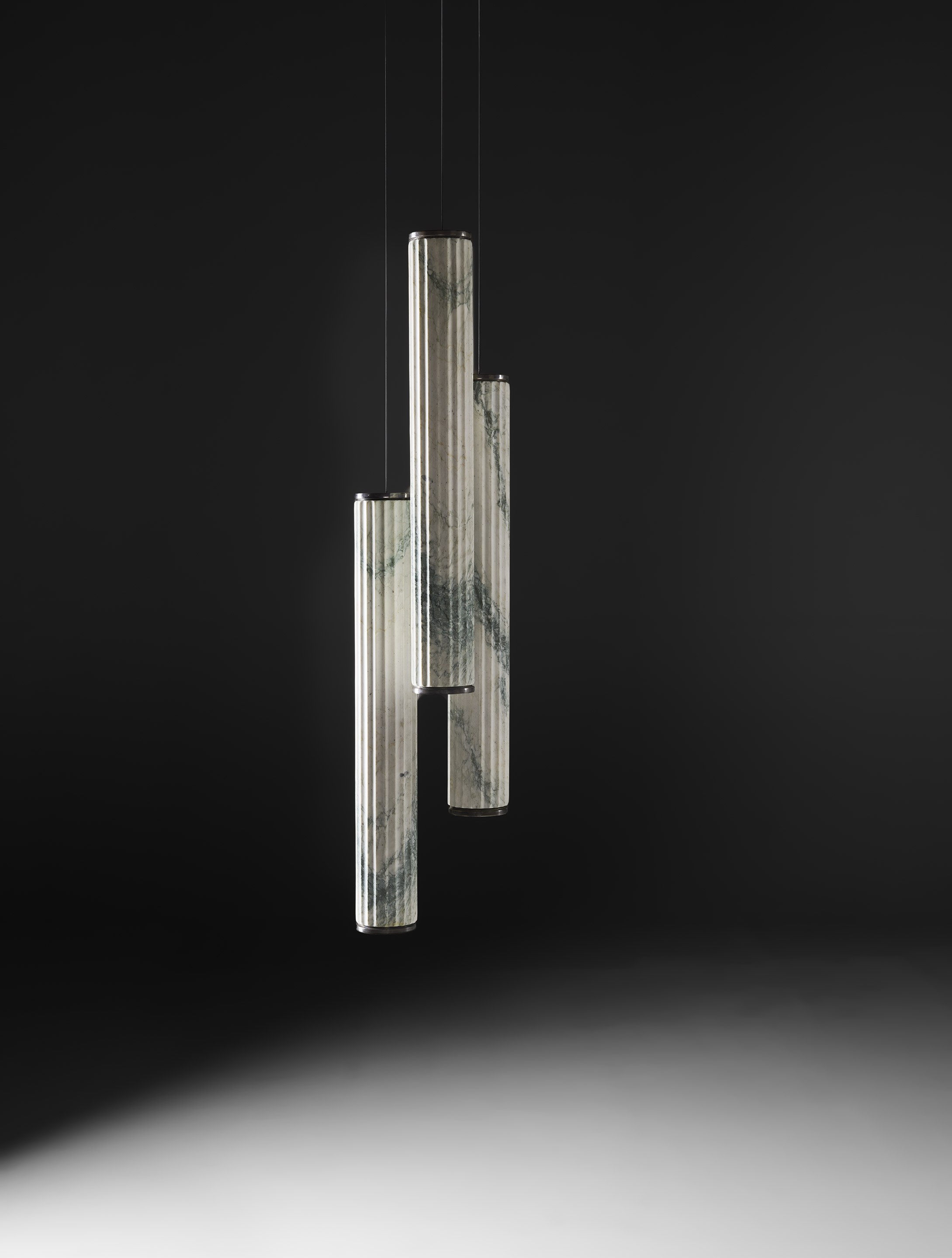
Eos
Neutra
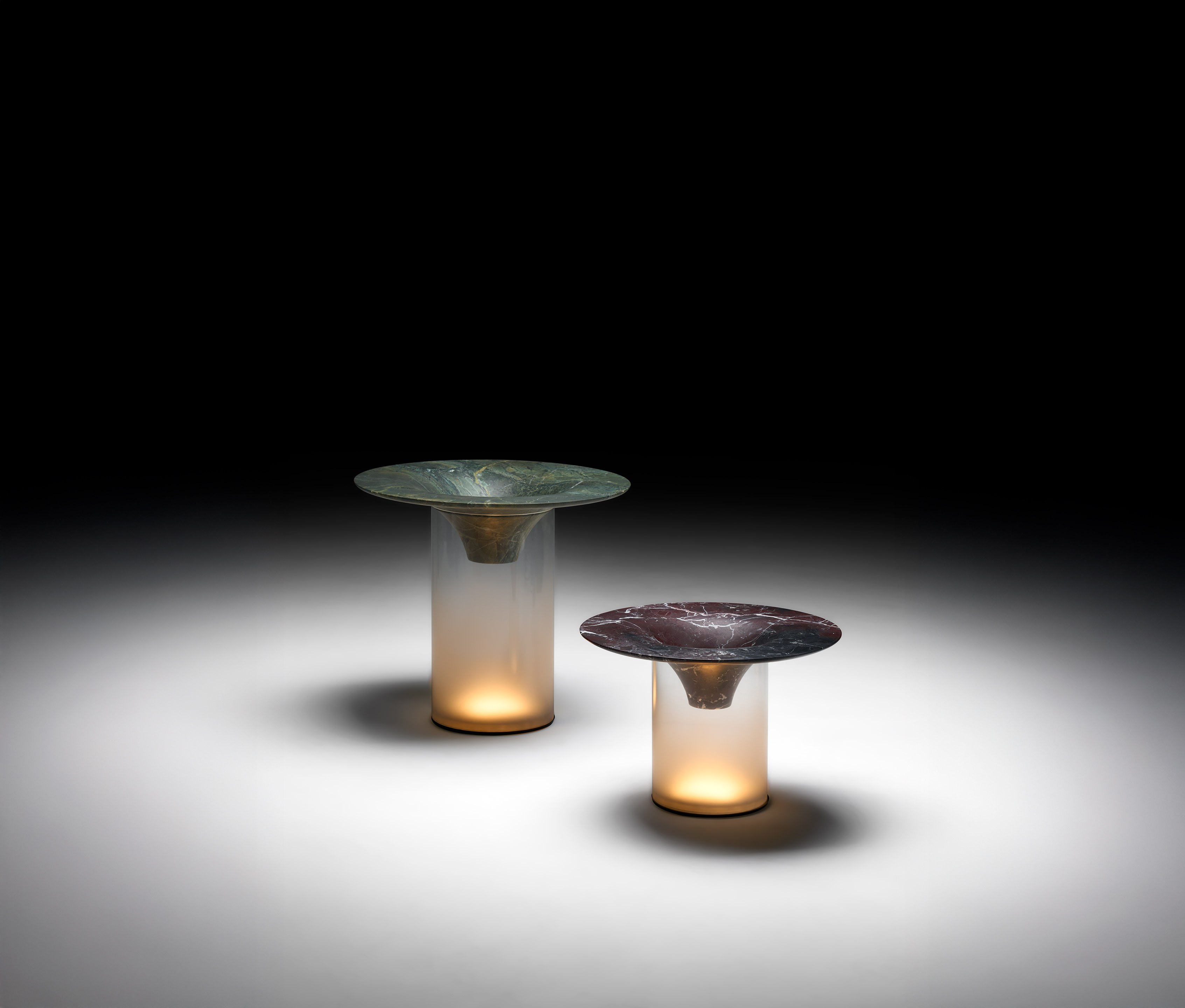
Strobilo
Neutra
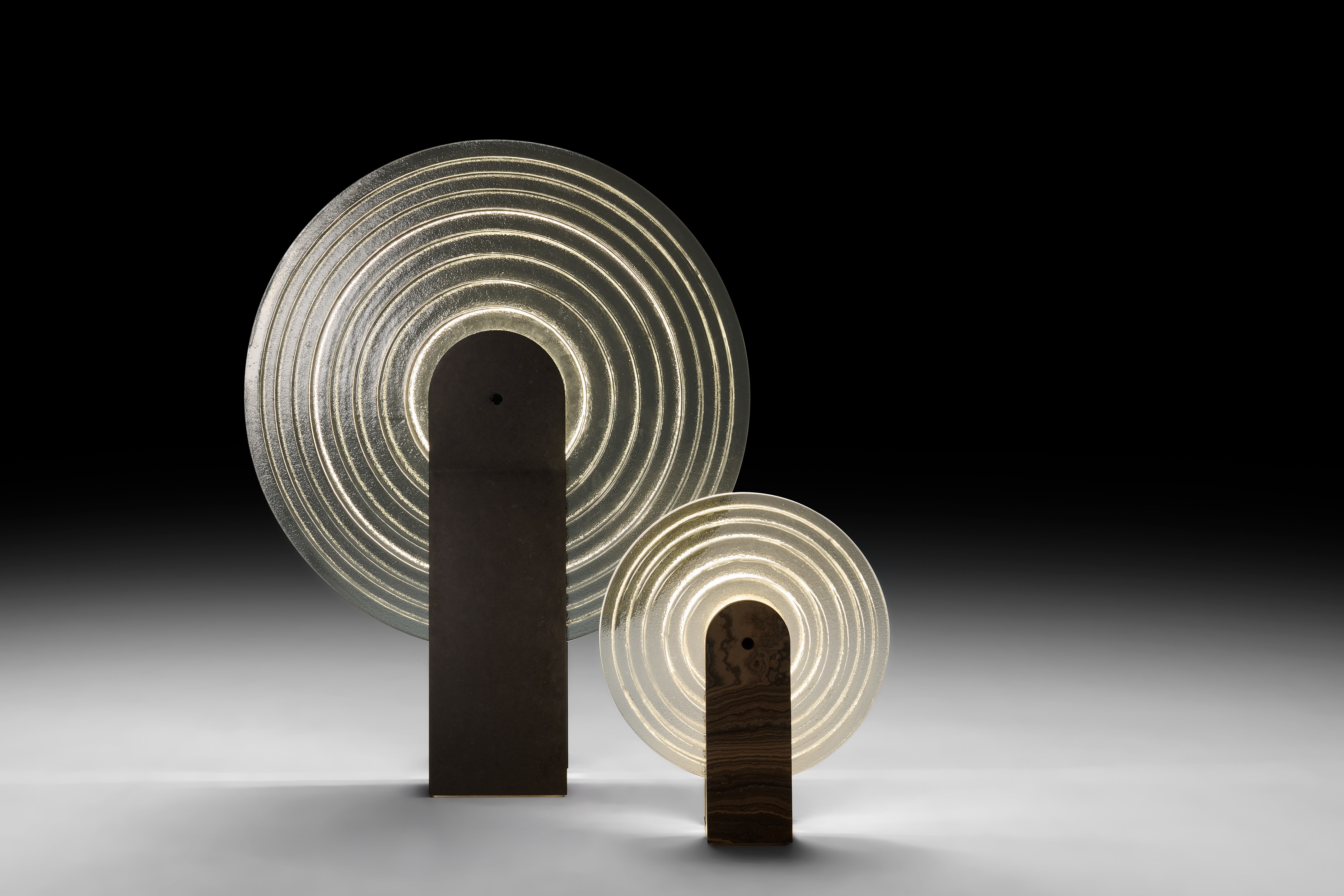
Lente
Neutra
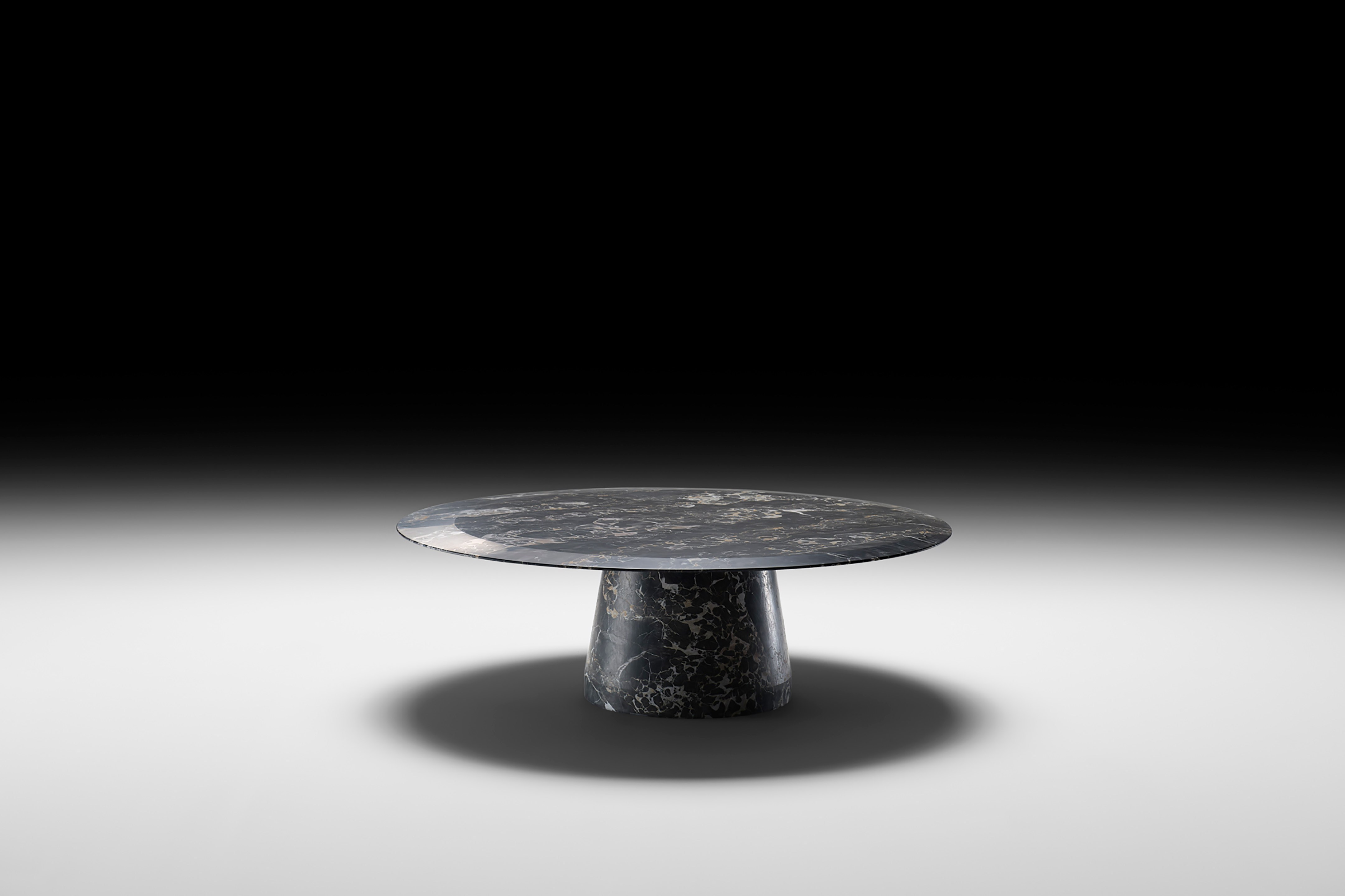
Coronae
Neutra
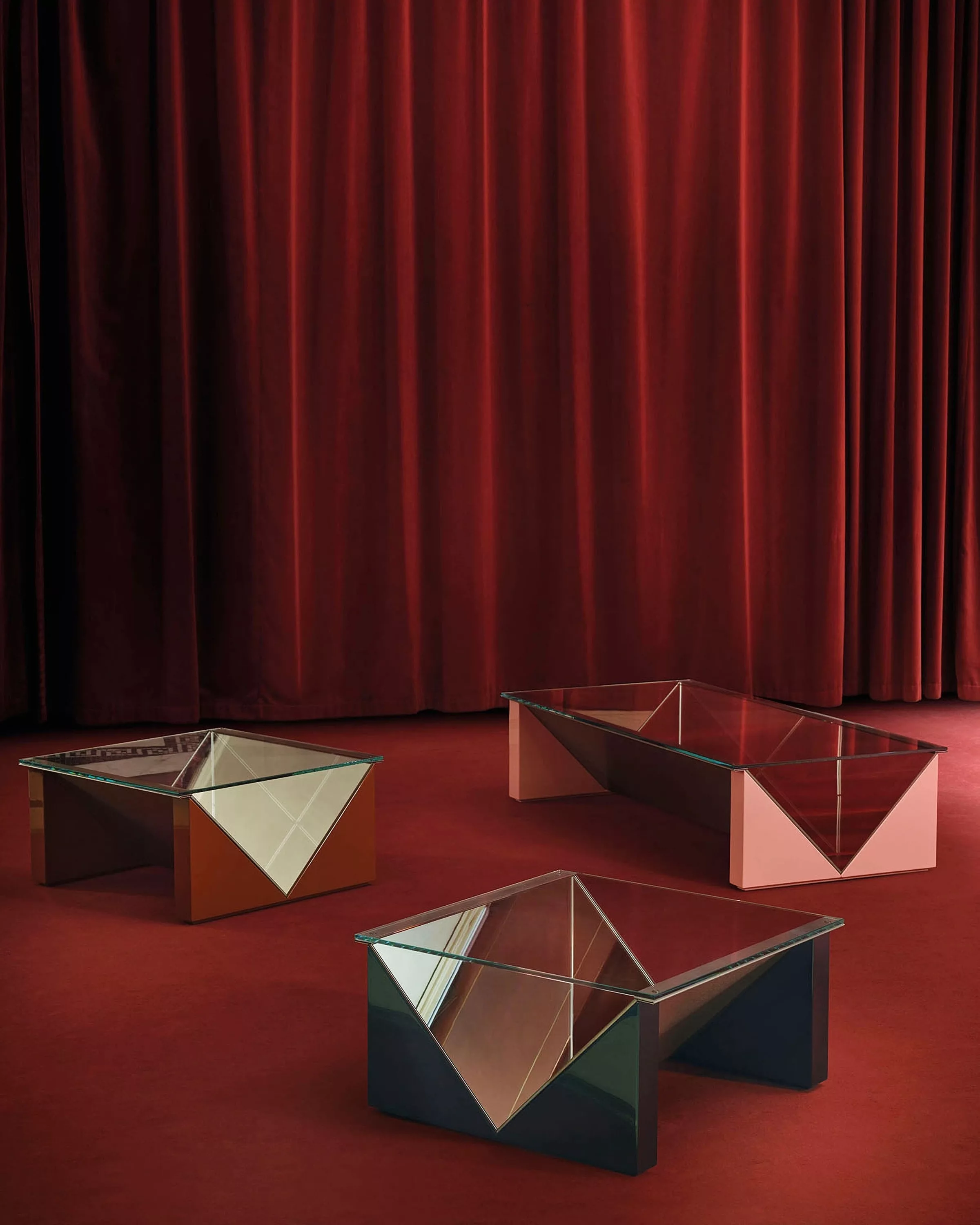
Napoleone
Acerbis
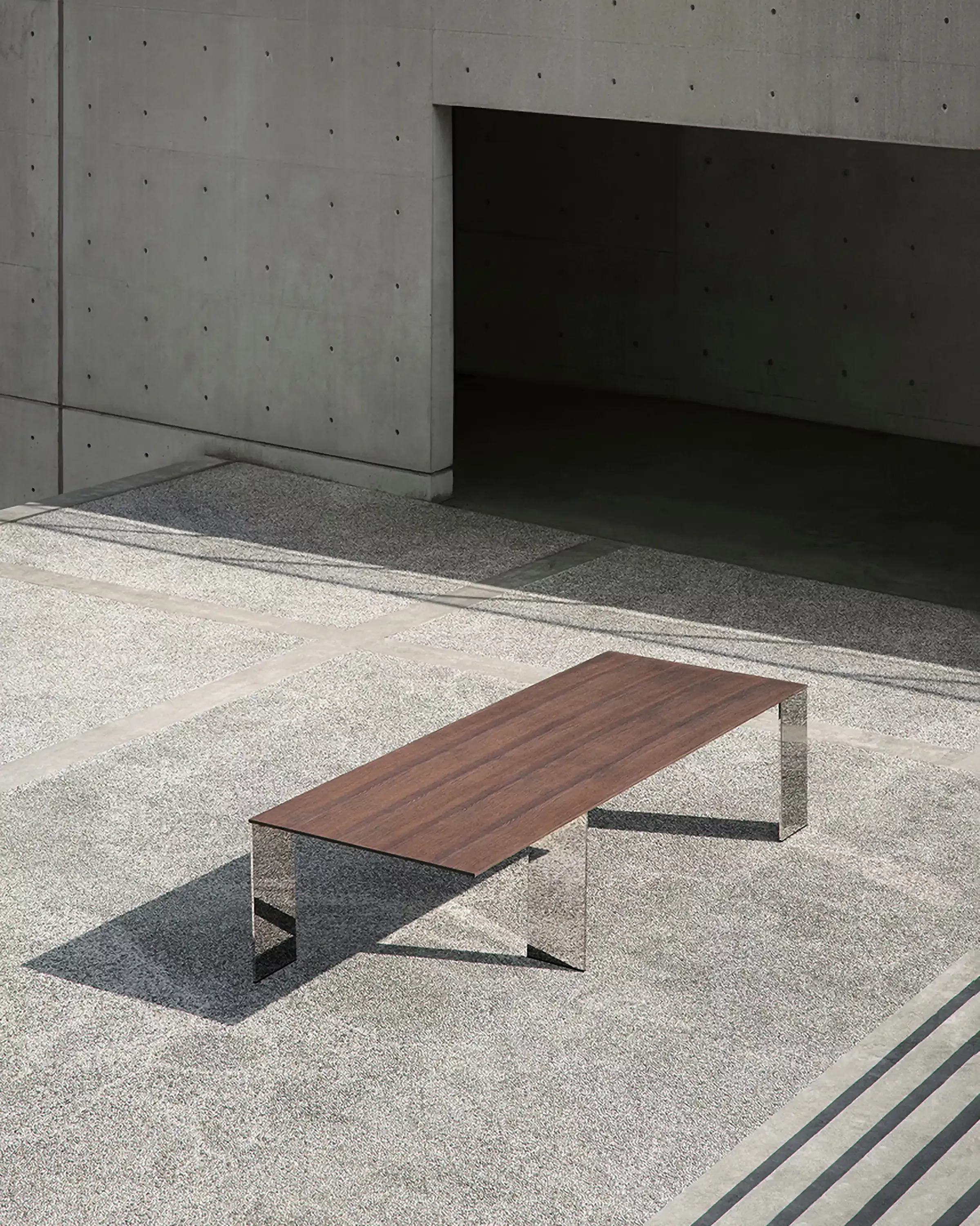
Axis
Acerbis
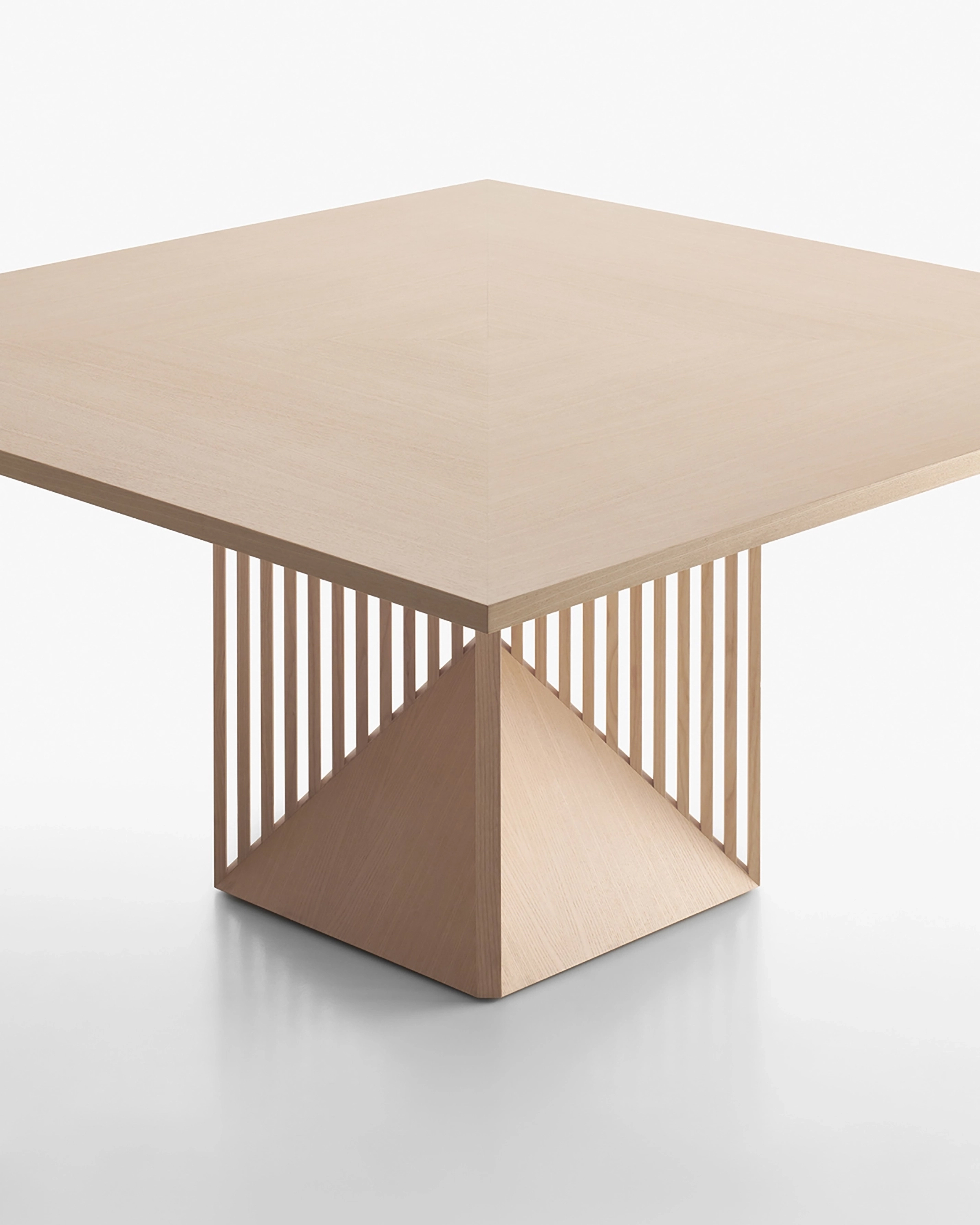
Maestro
Acerbis
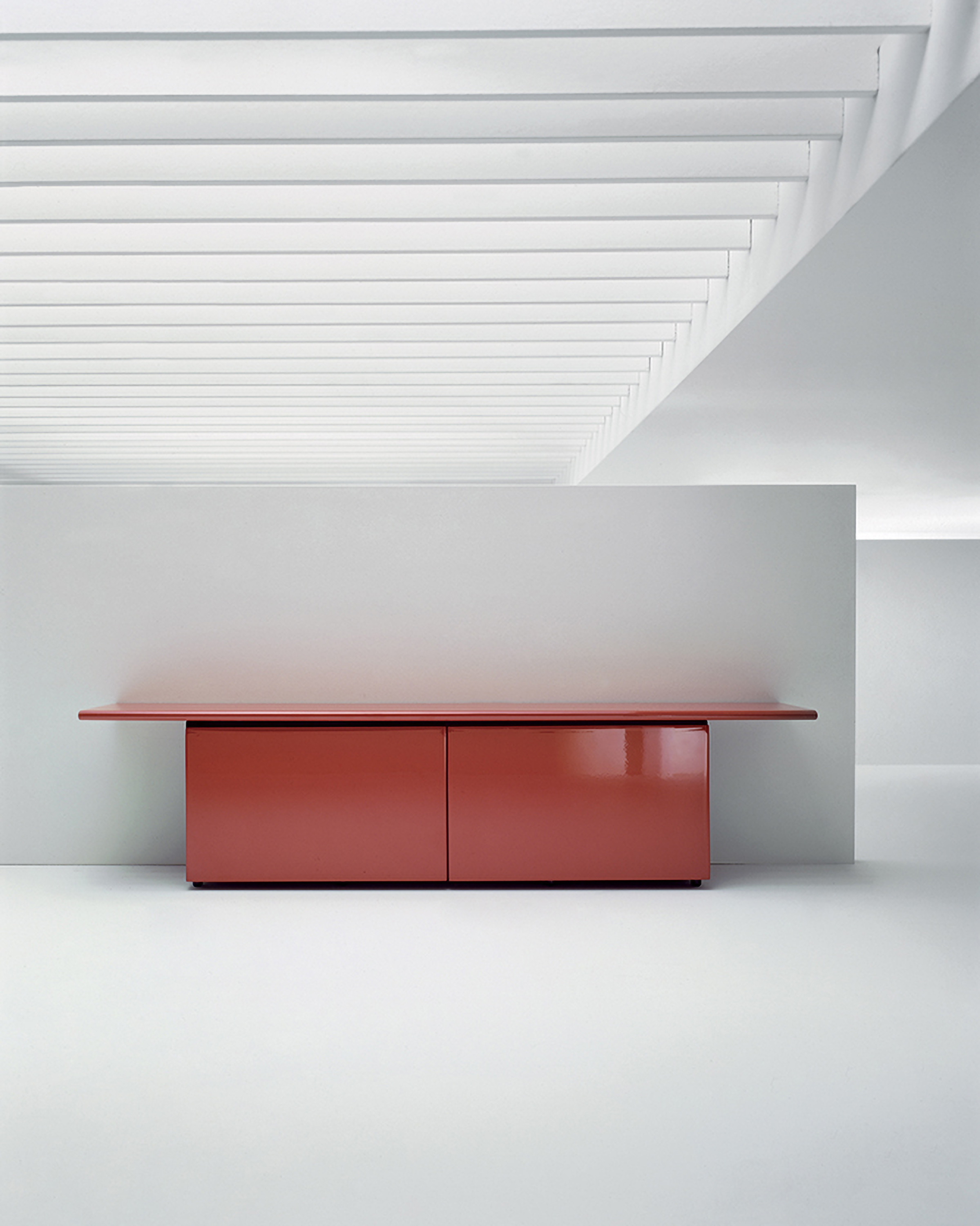
Sheraton
Acerbis
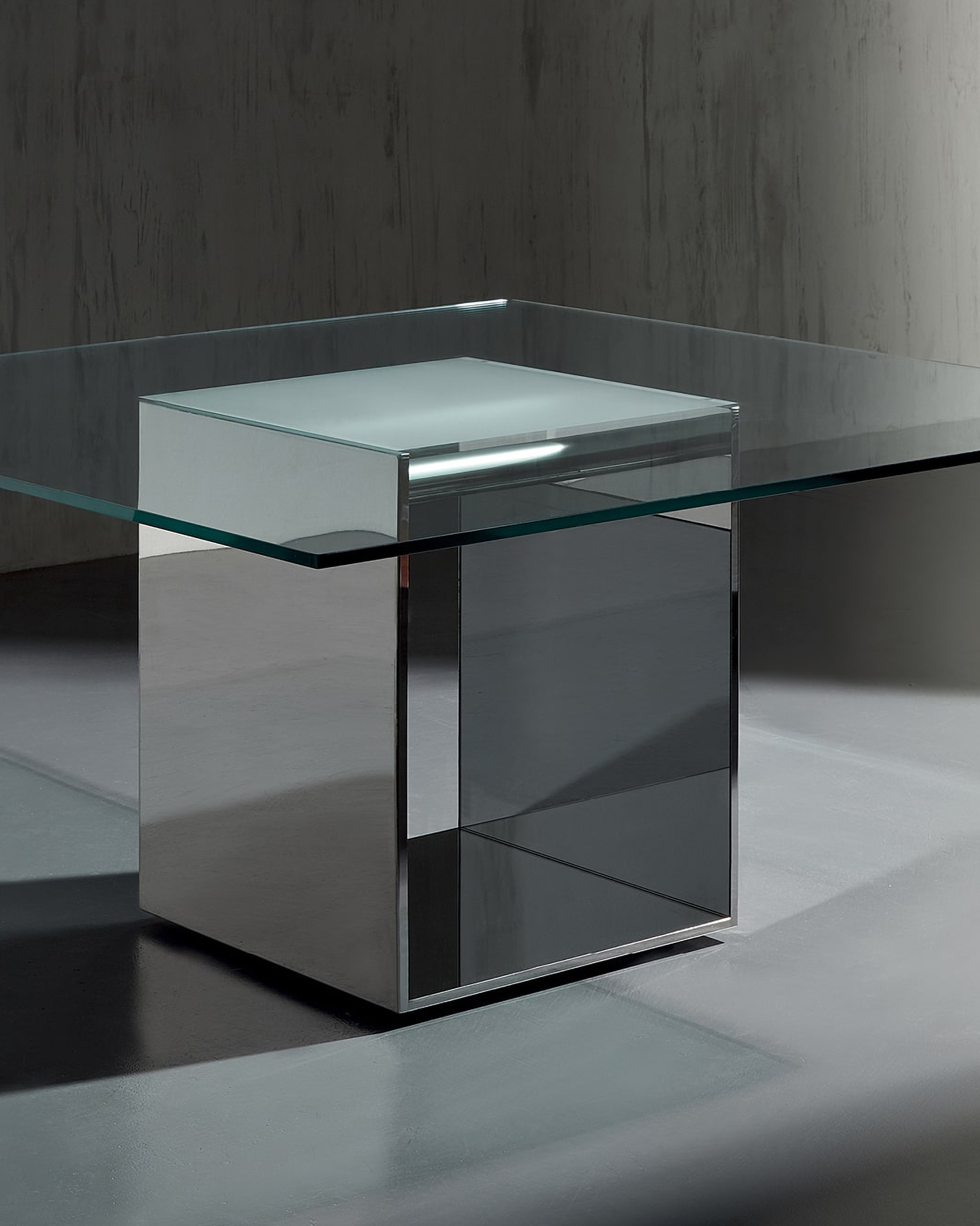
Glimm
Acerbis
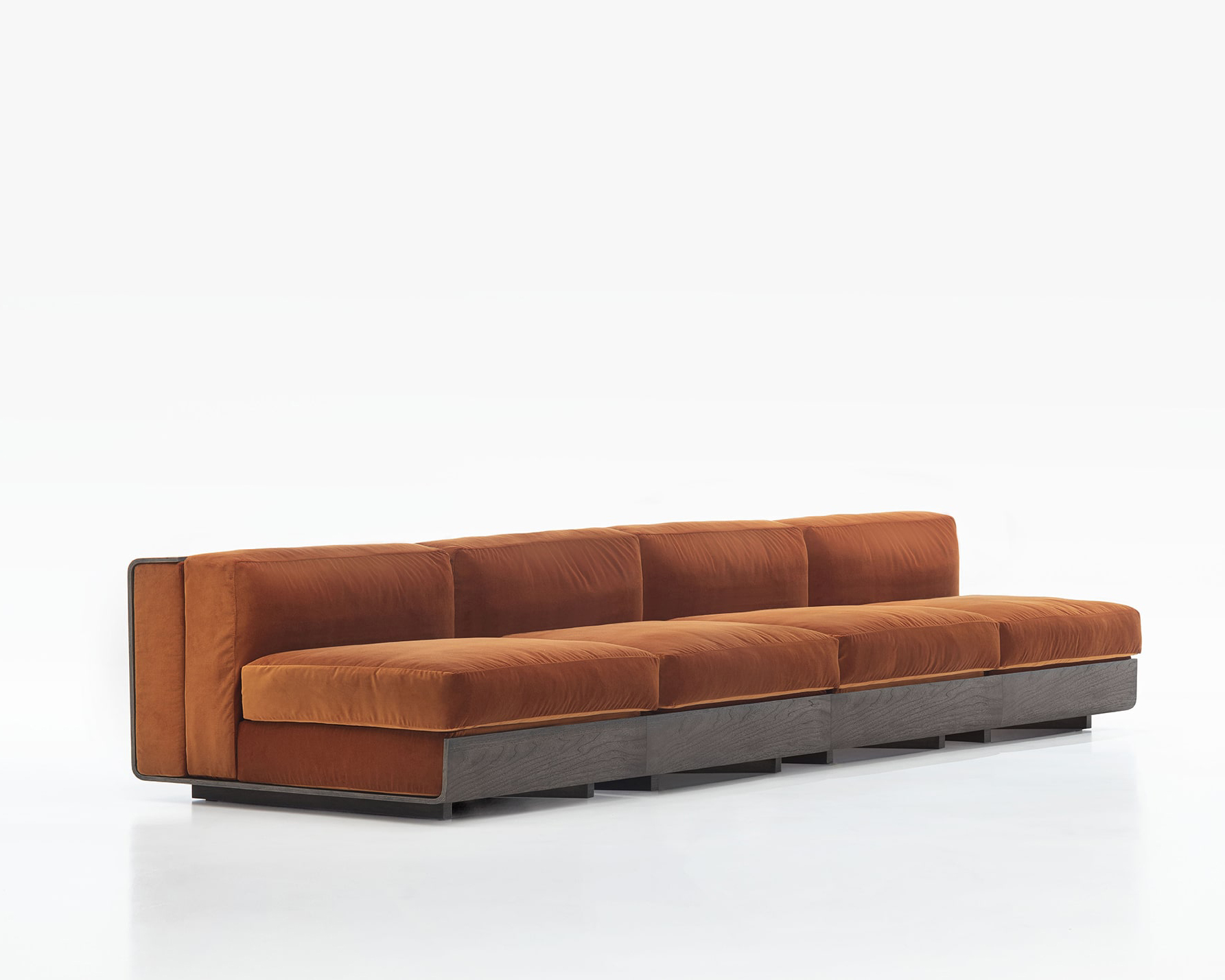
Life
Acerbis
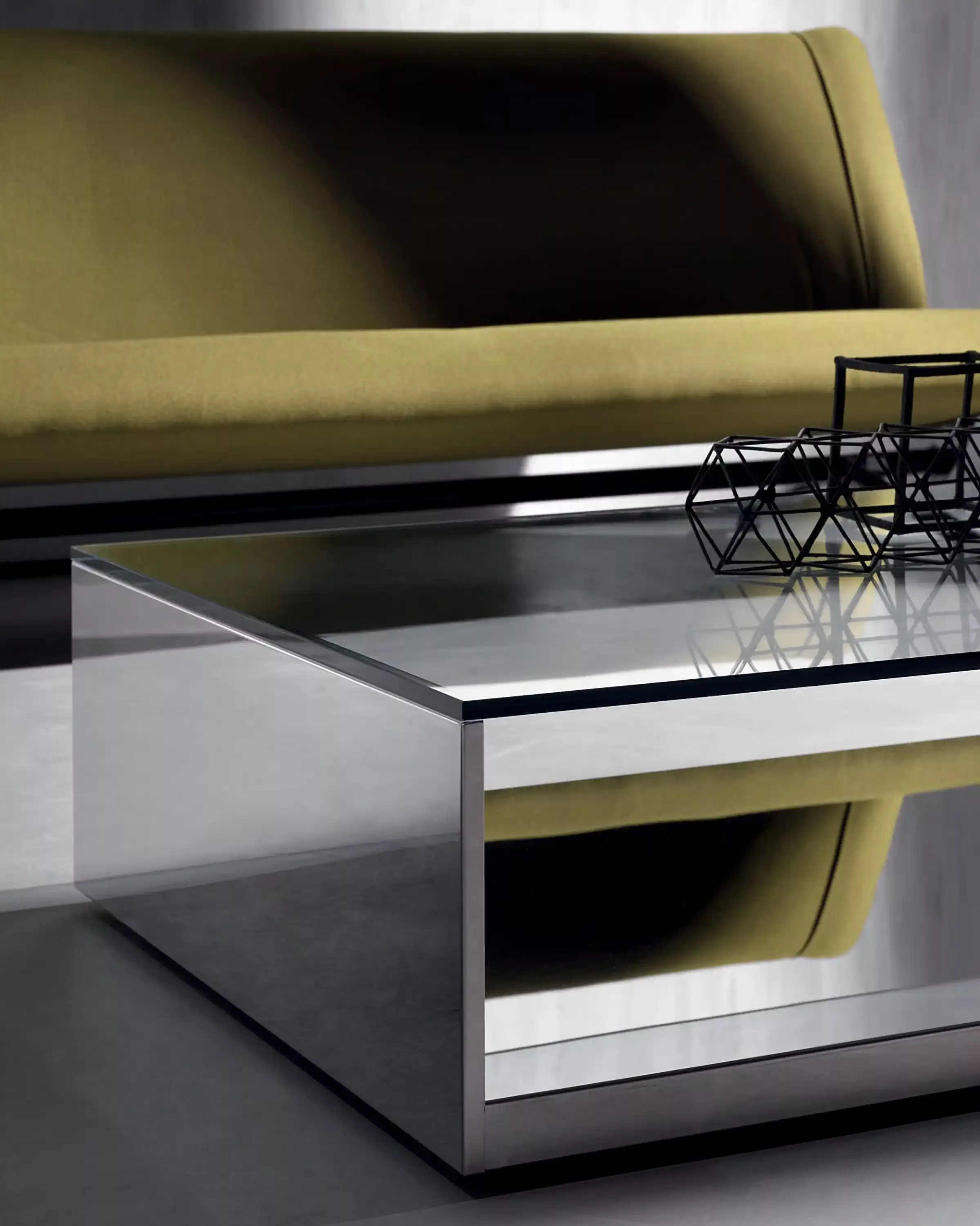
Litt
Acerbis
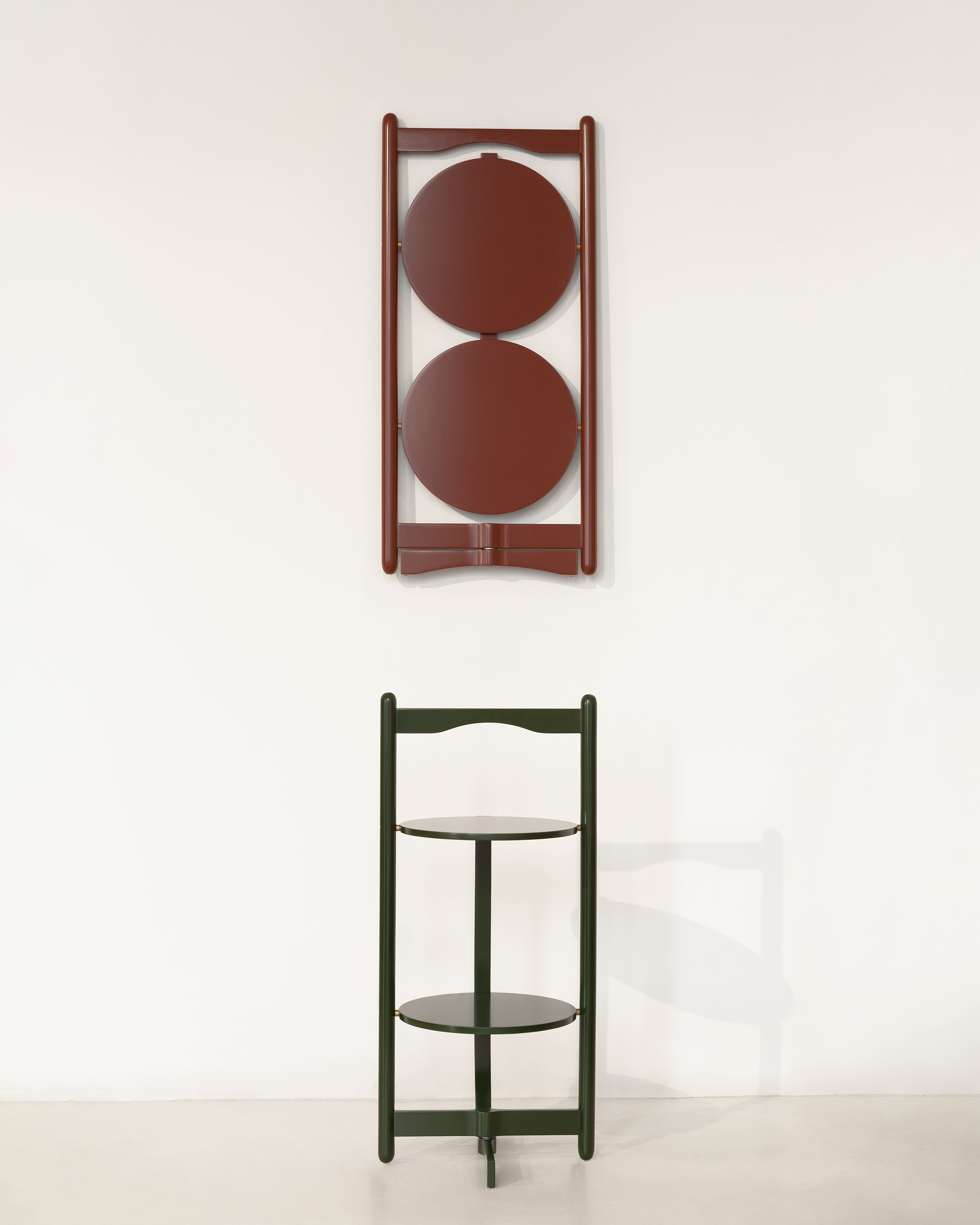
Florian
Acerbis
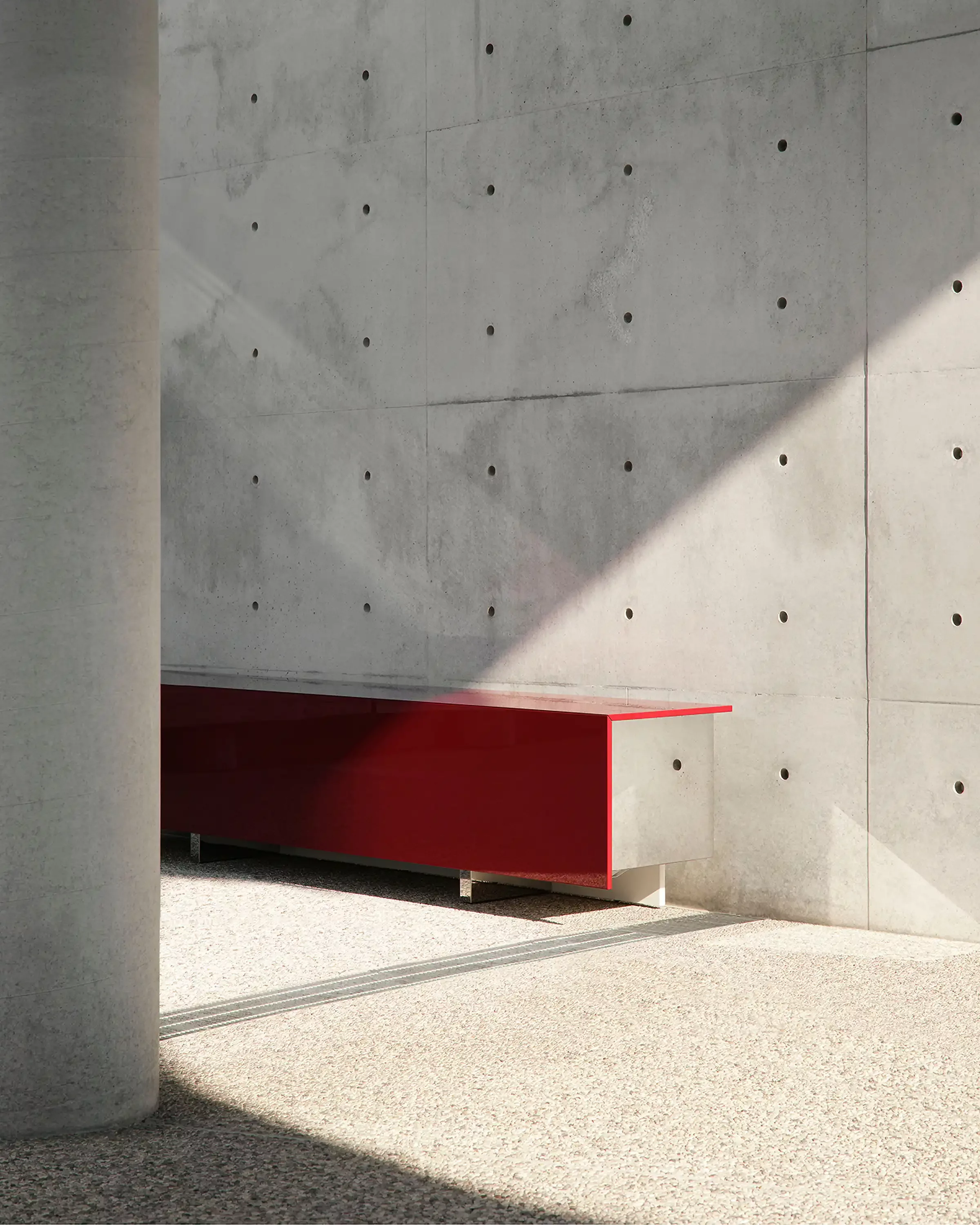
Ludwig
Acerbis
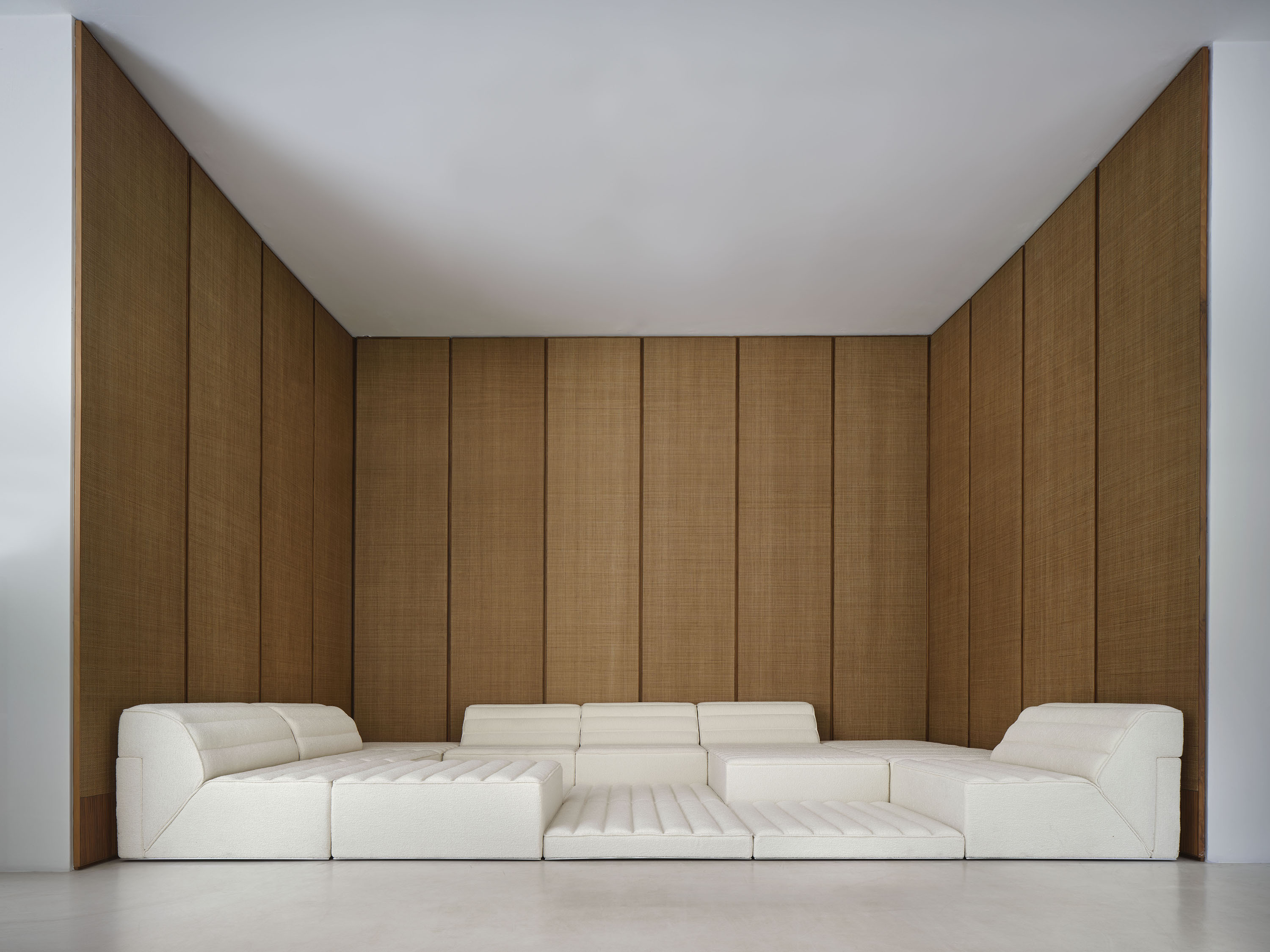
Free System
Acerbis
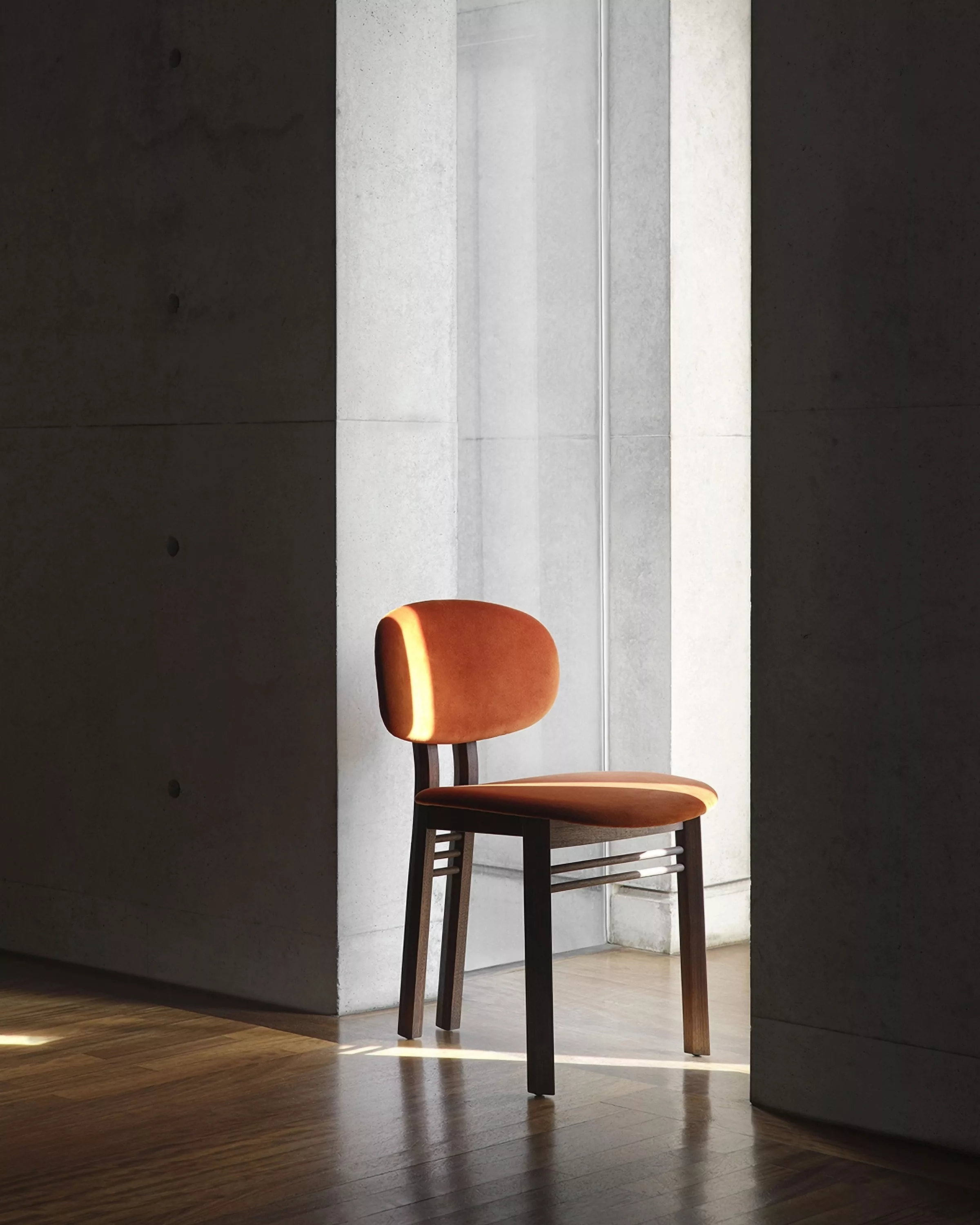
Med
Acerbis
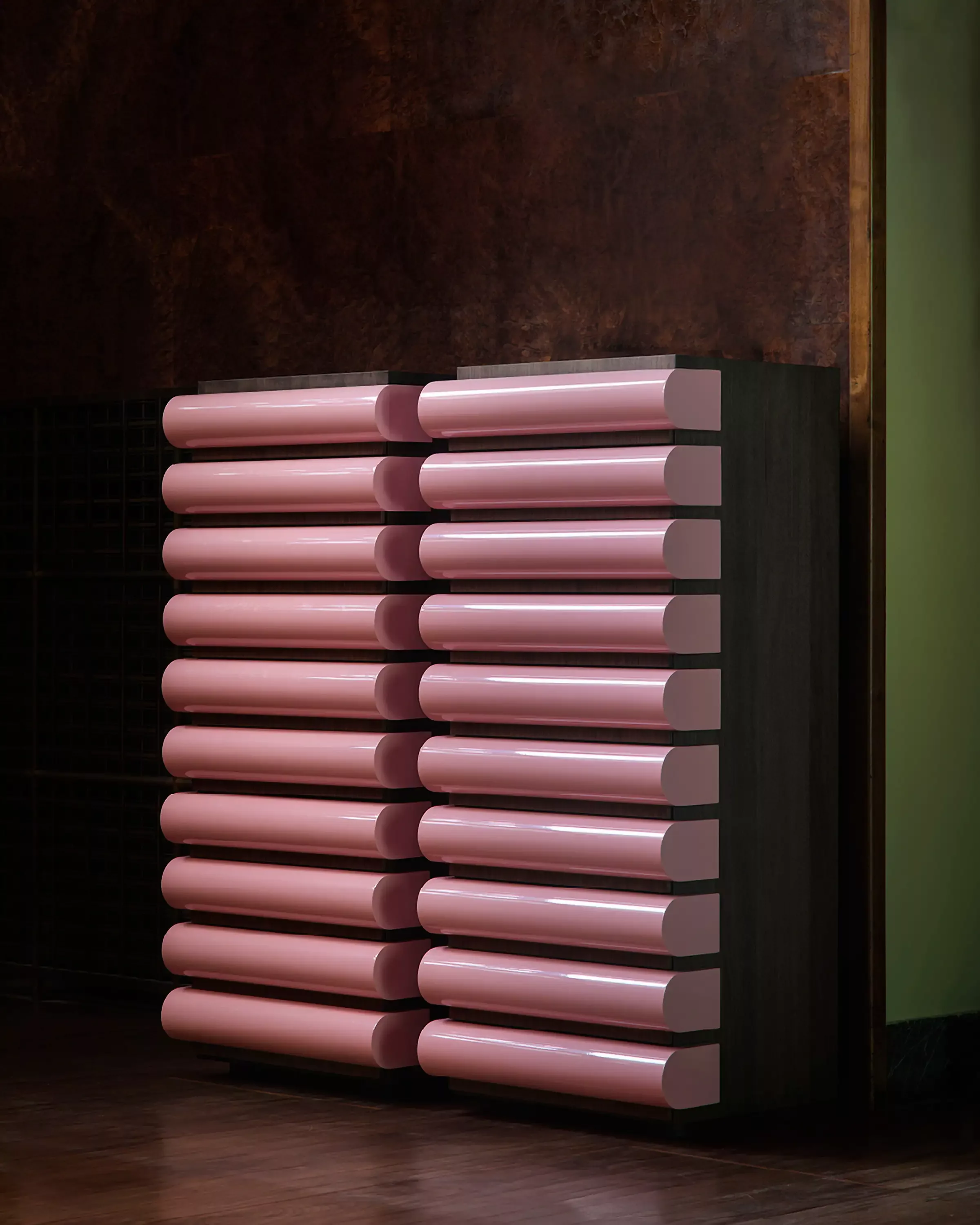
Storet
Acerbis
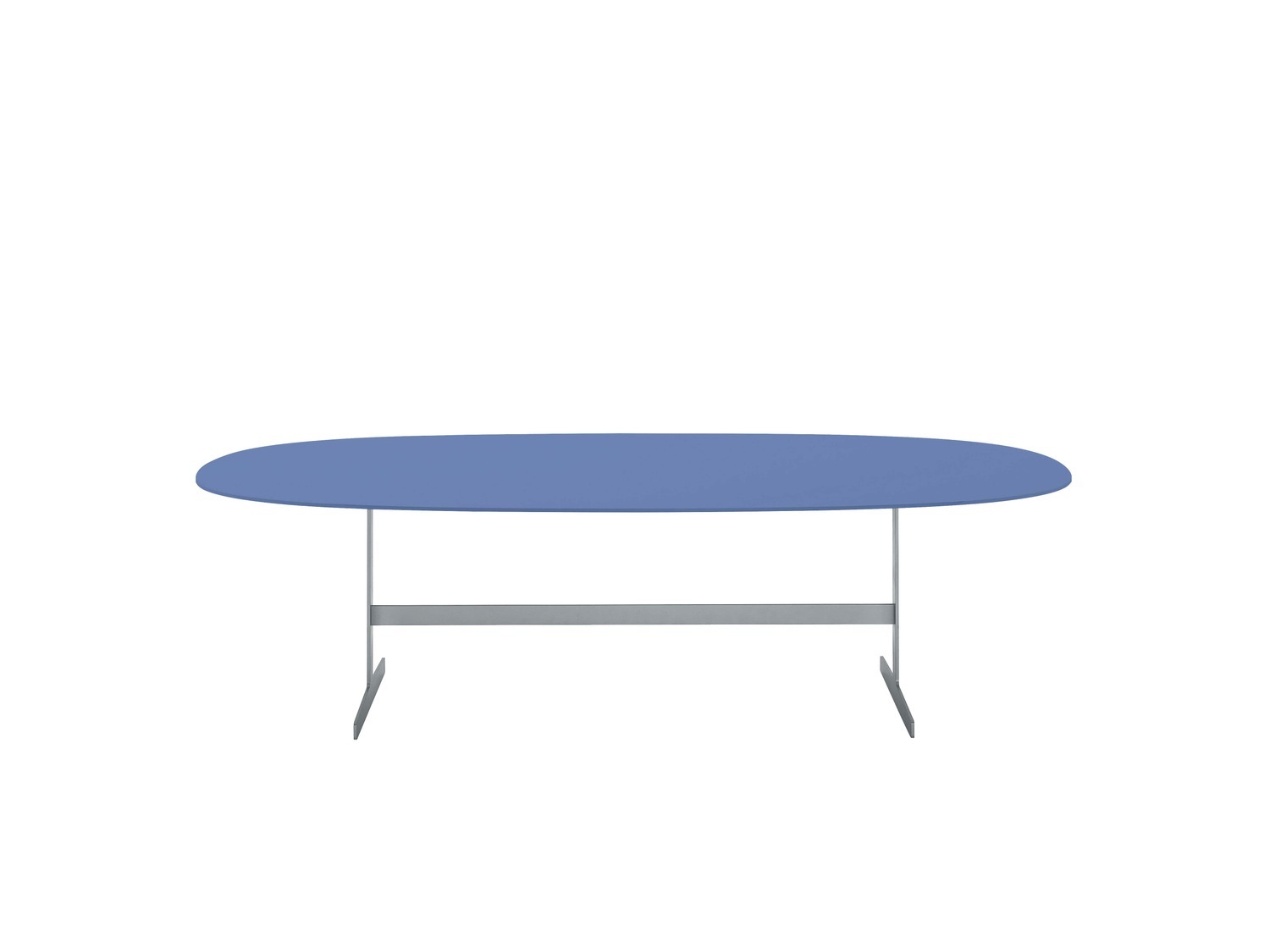
Simplon
Cappellini
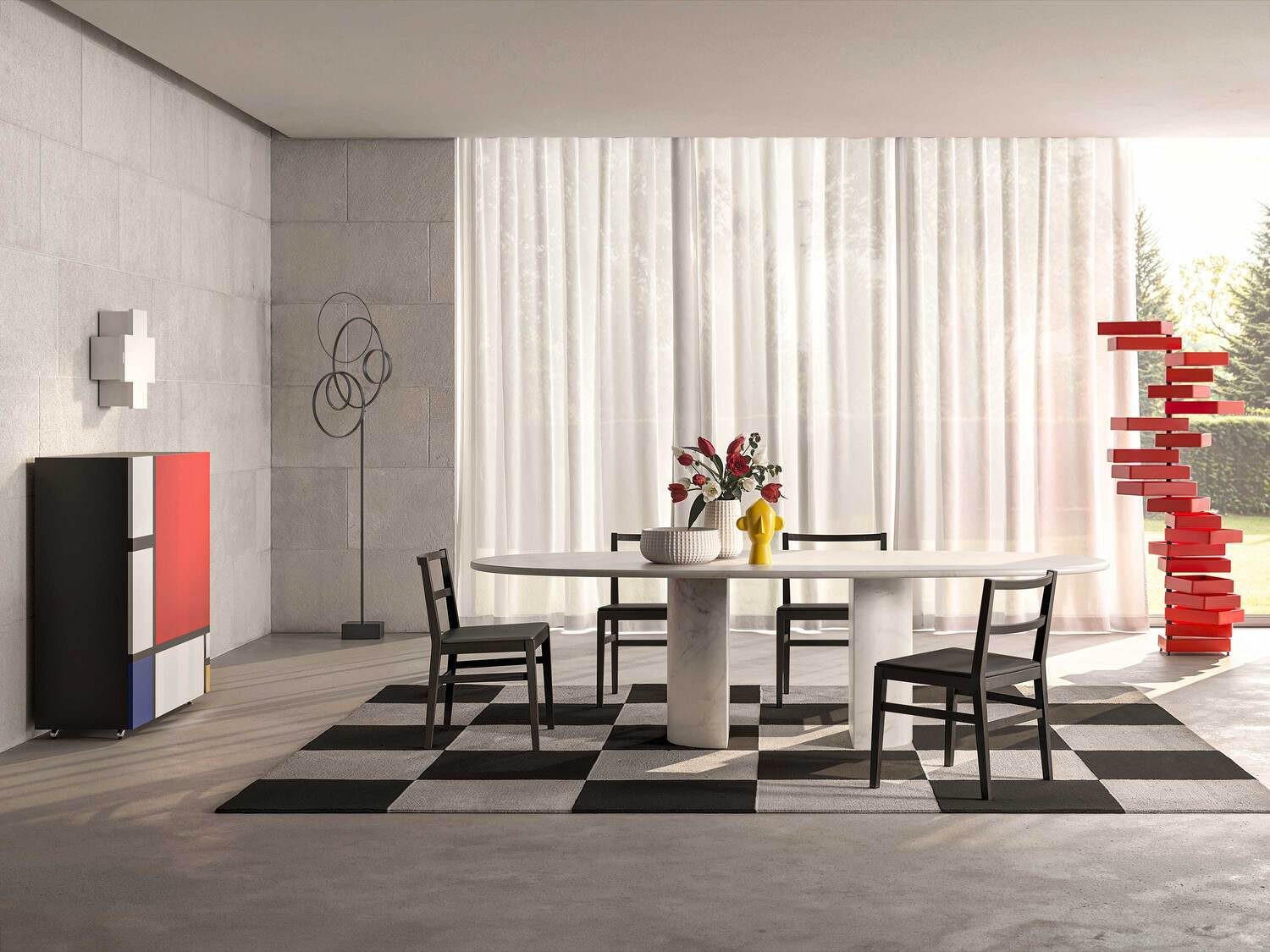
Dolmen
Cappellini

KO-KO
Cappellini
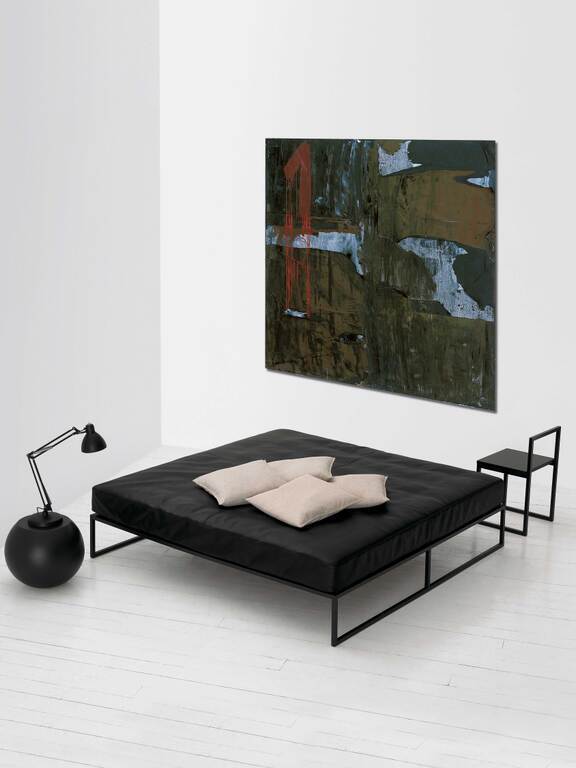
Fronzoni '64
Cappellini
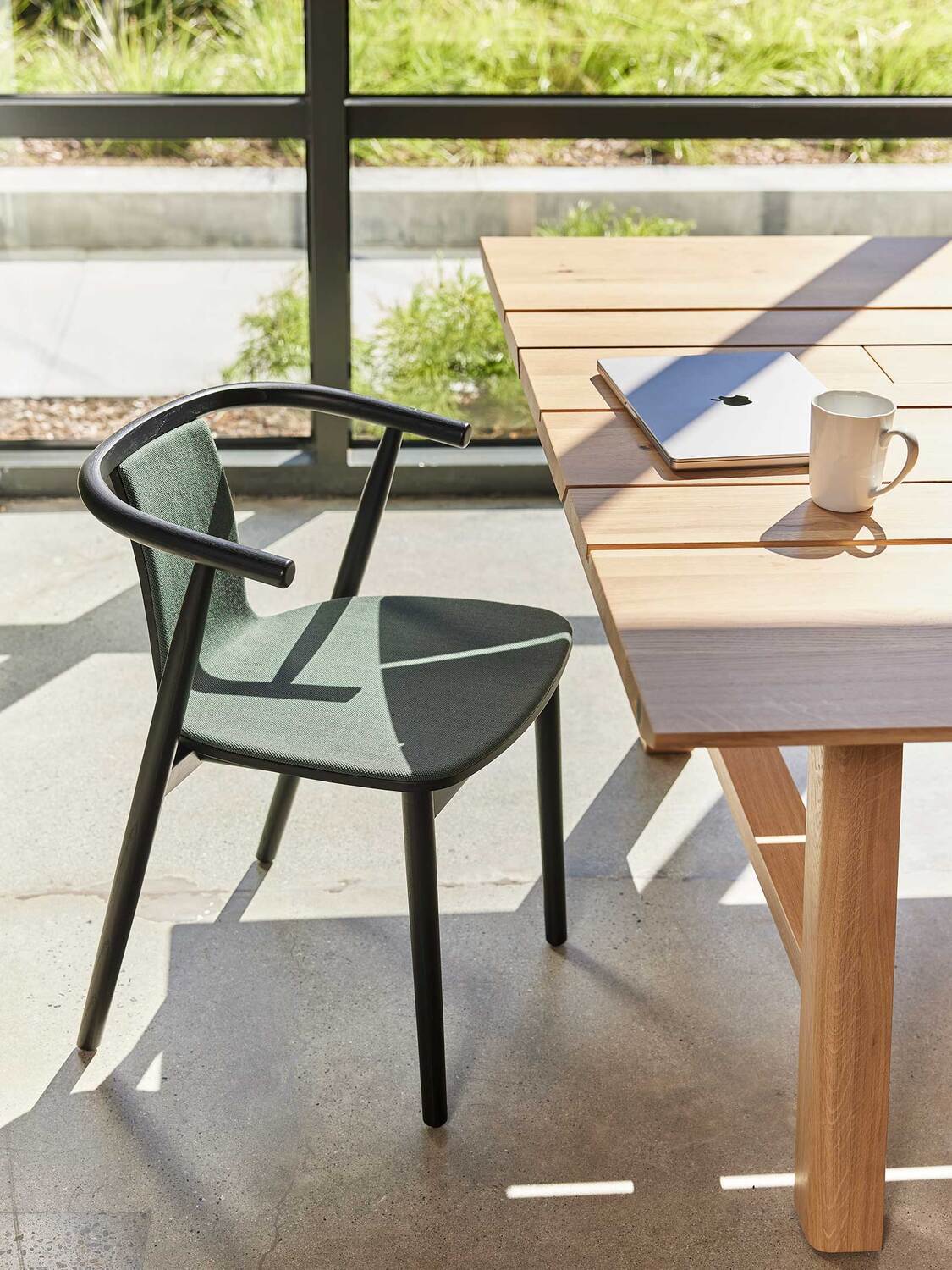
Bac
Cappellini

Classica
Cappellini

Hiroi
Cappellini

Low Pad
Cappellini
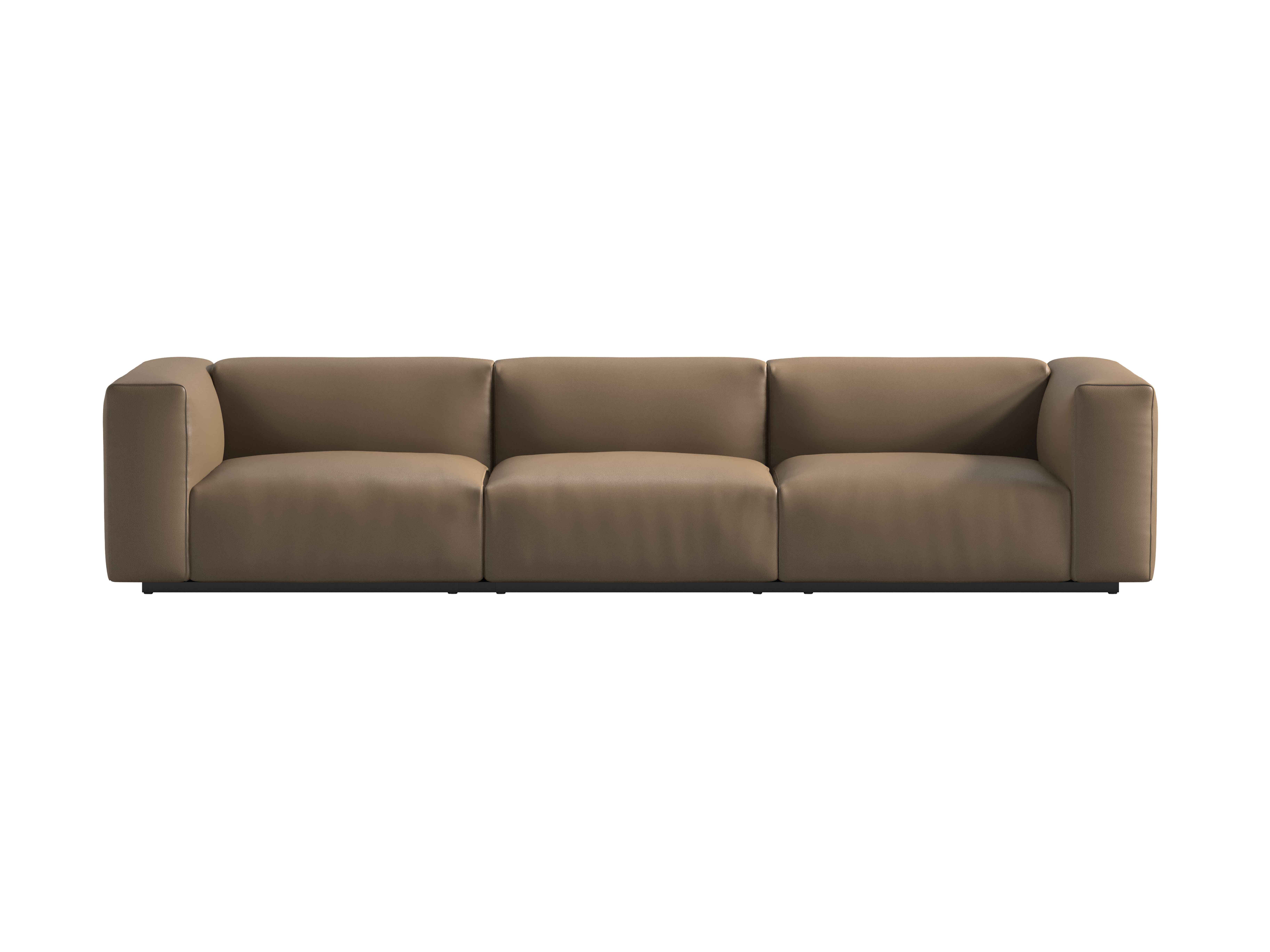
Oblong Plus
Cappellini
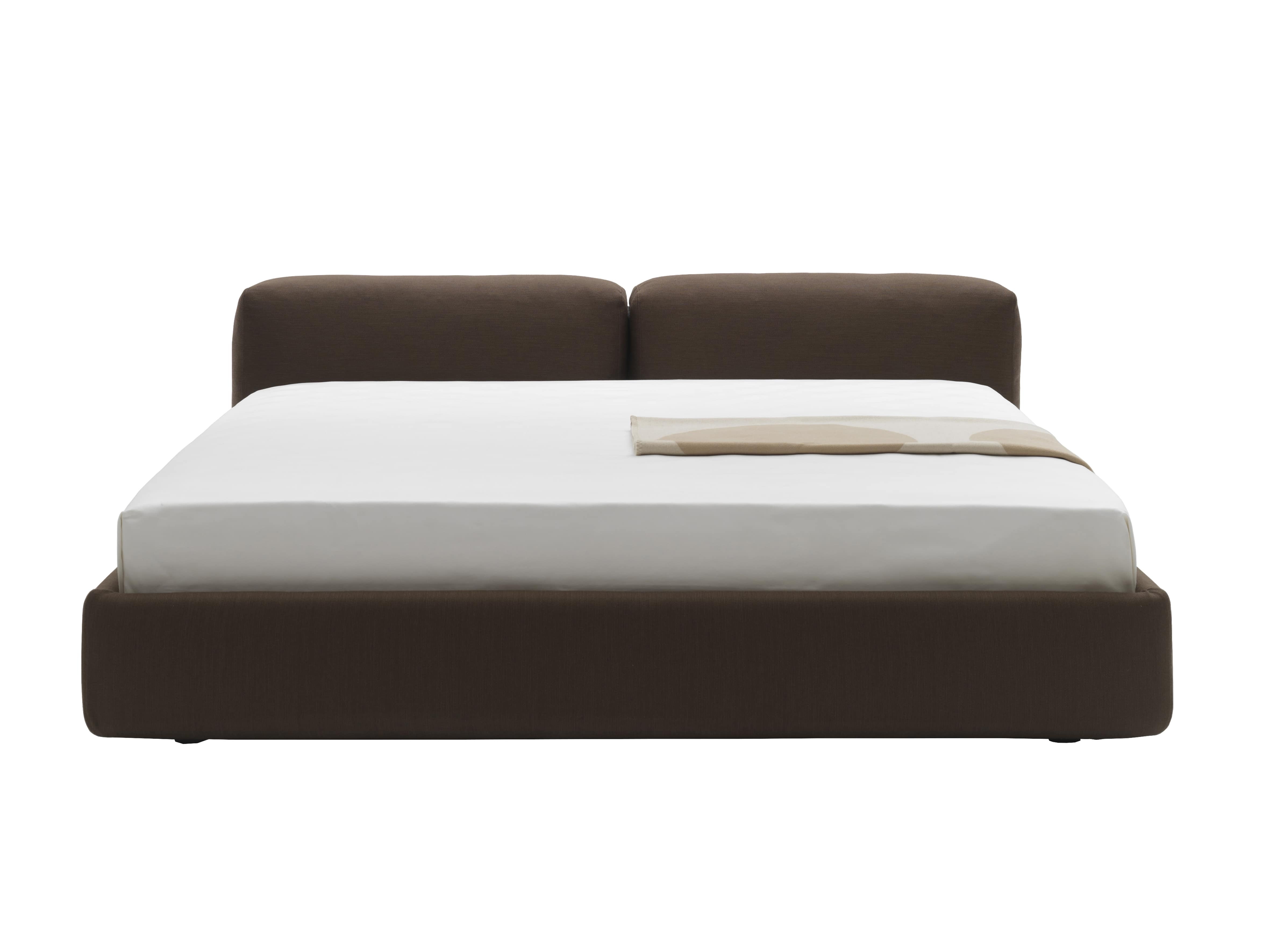
Superoblong Bed
Cappellini

Gambetta
Cappellini

Bookshelf
Cappellini

